
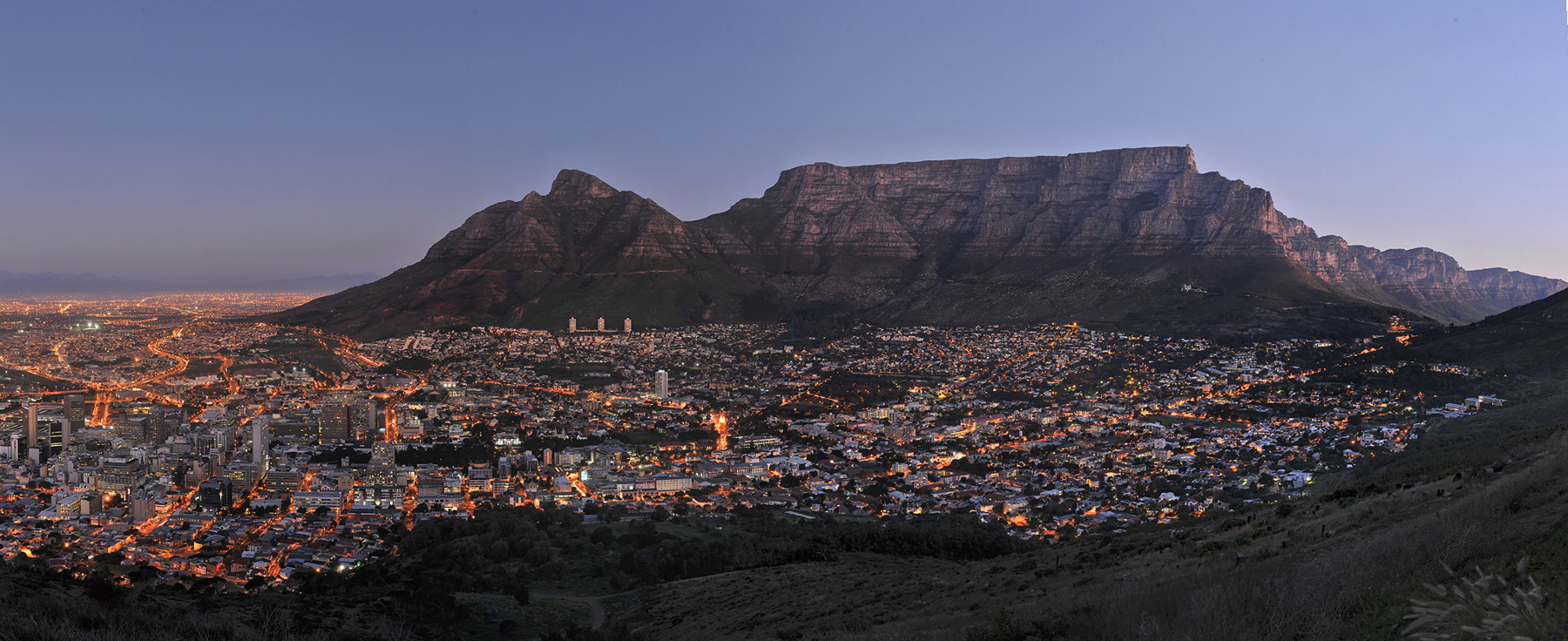
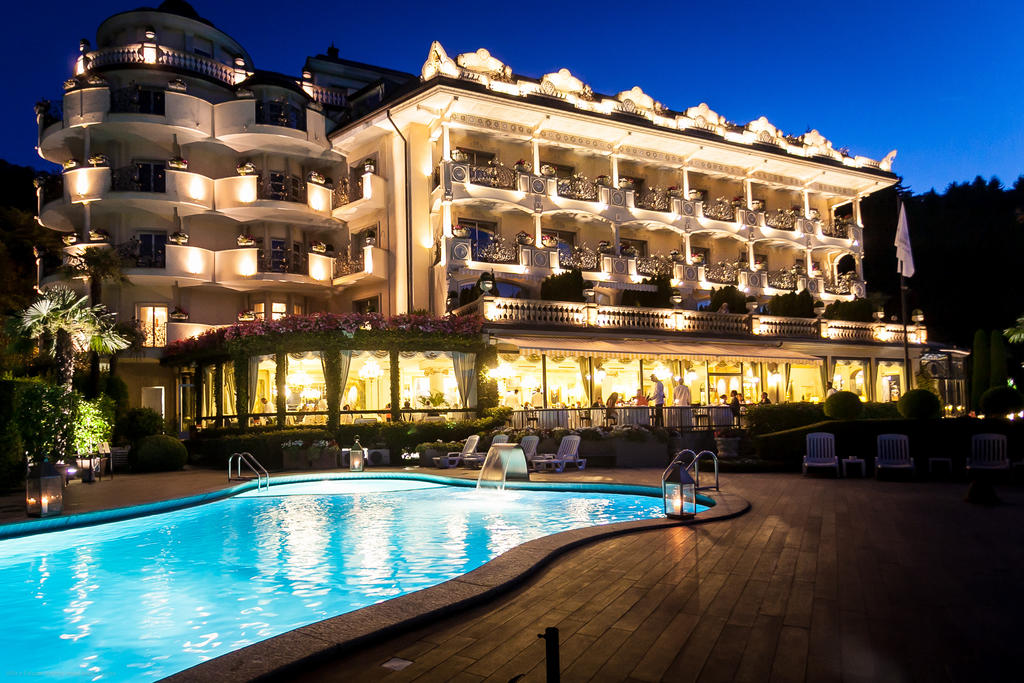
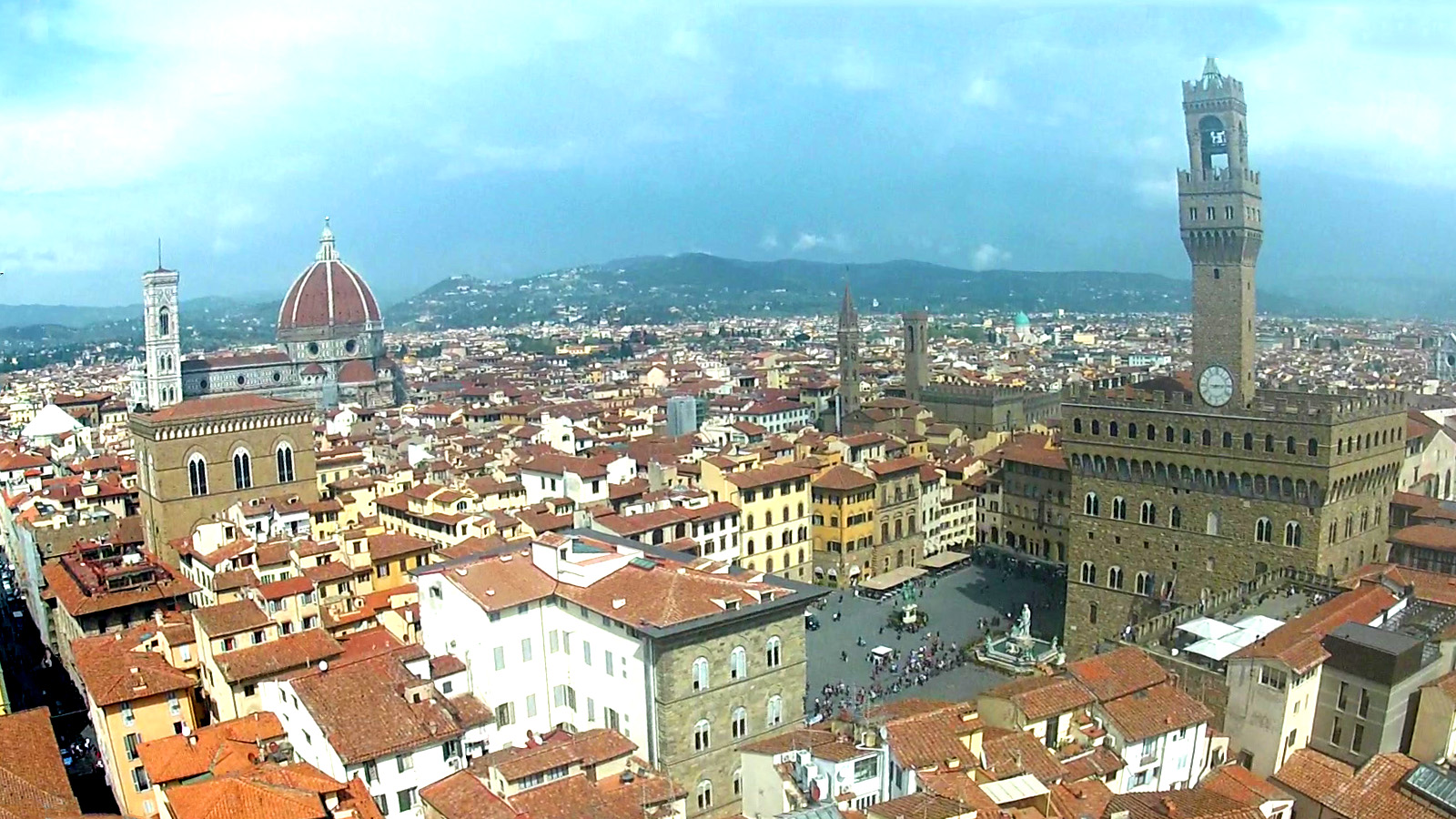

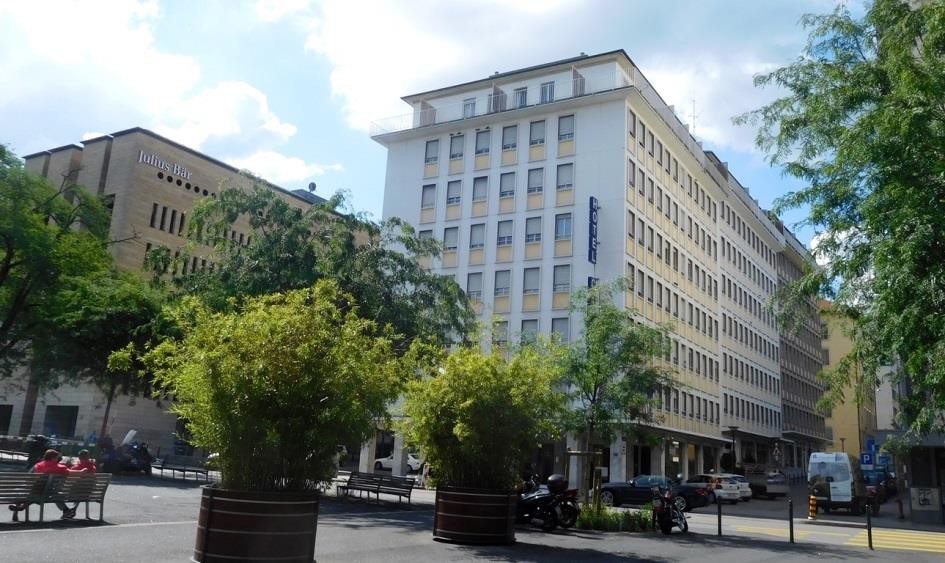
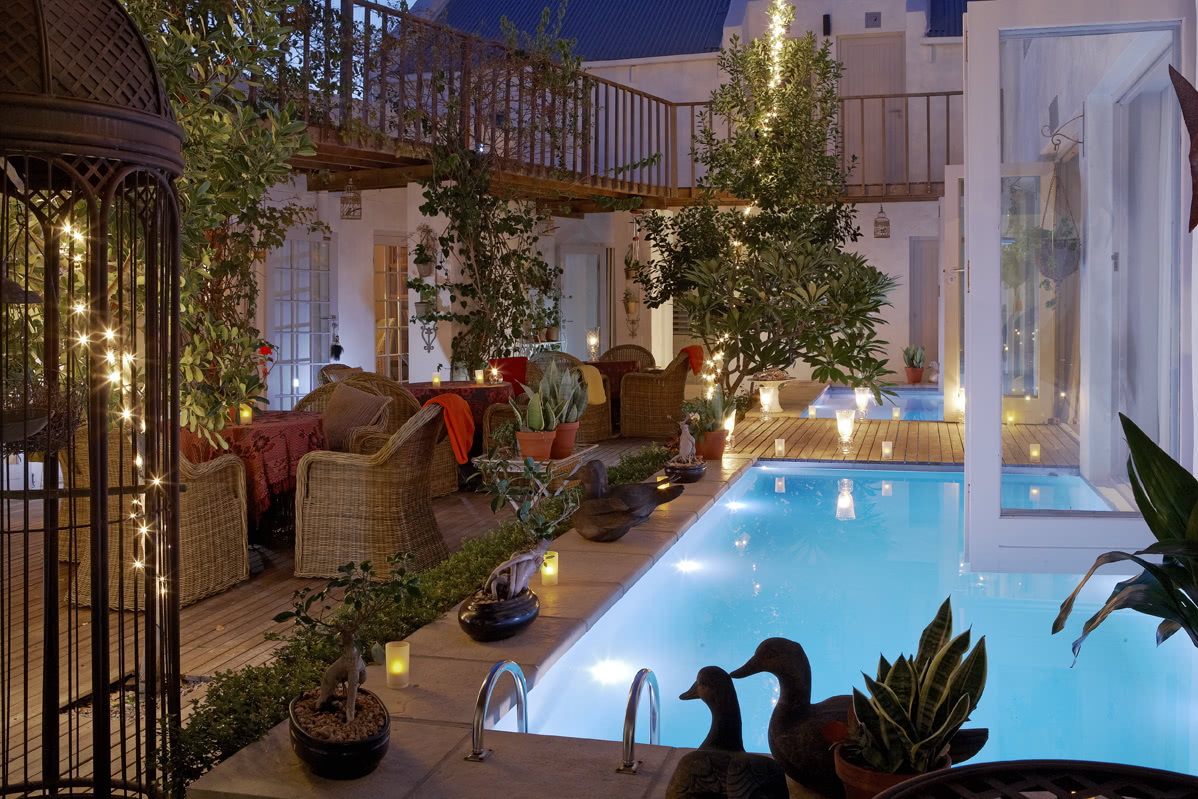
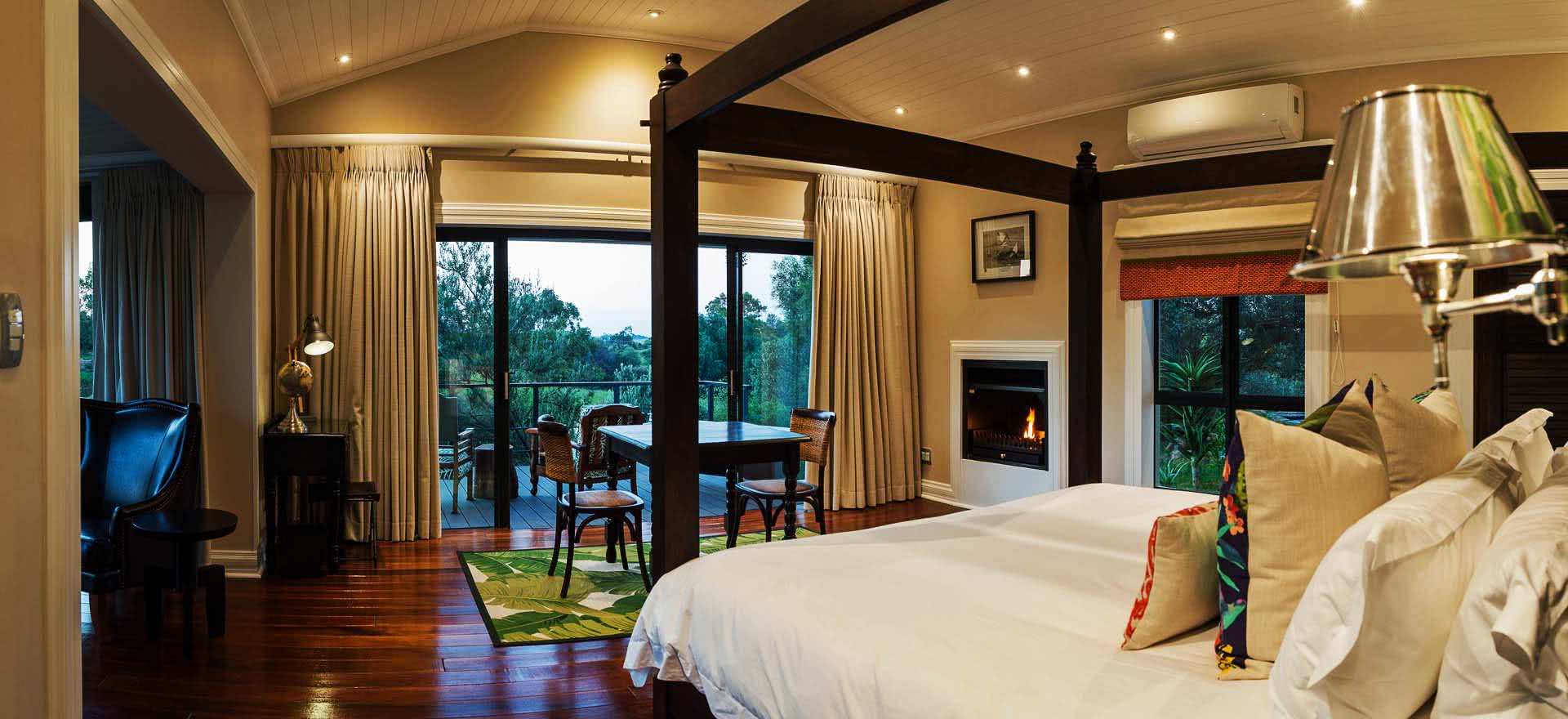
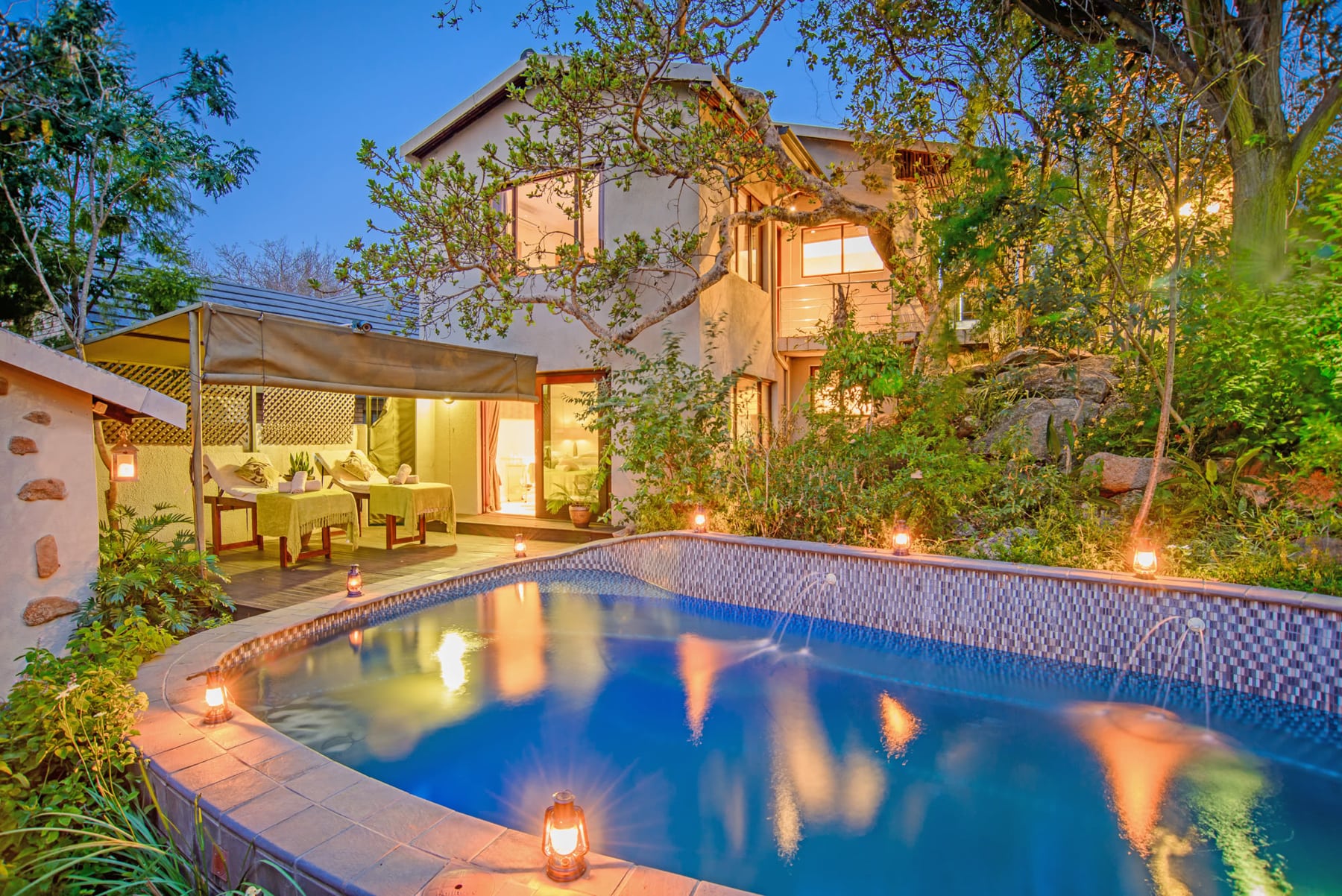

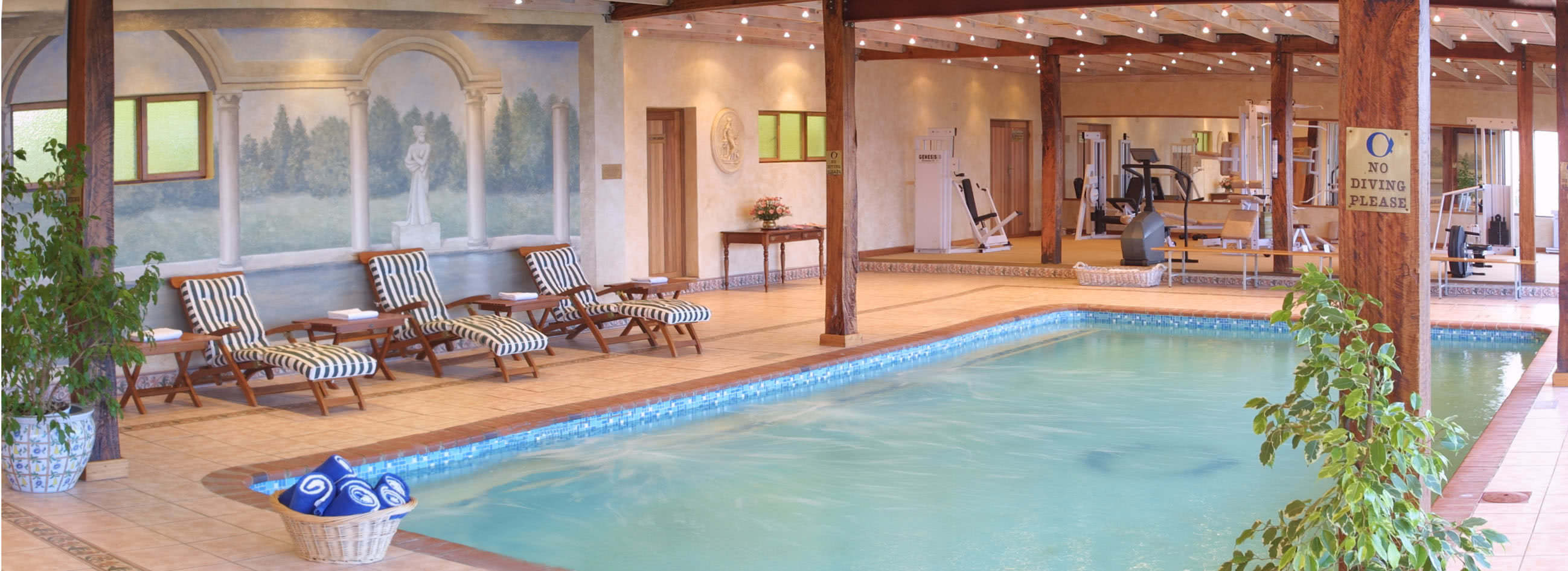
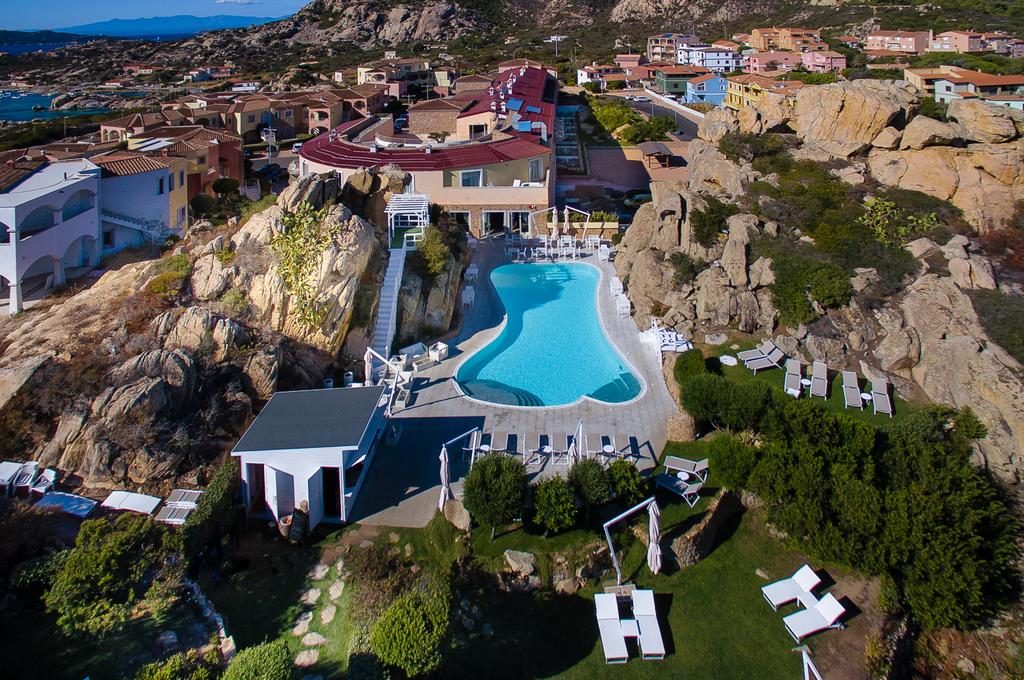
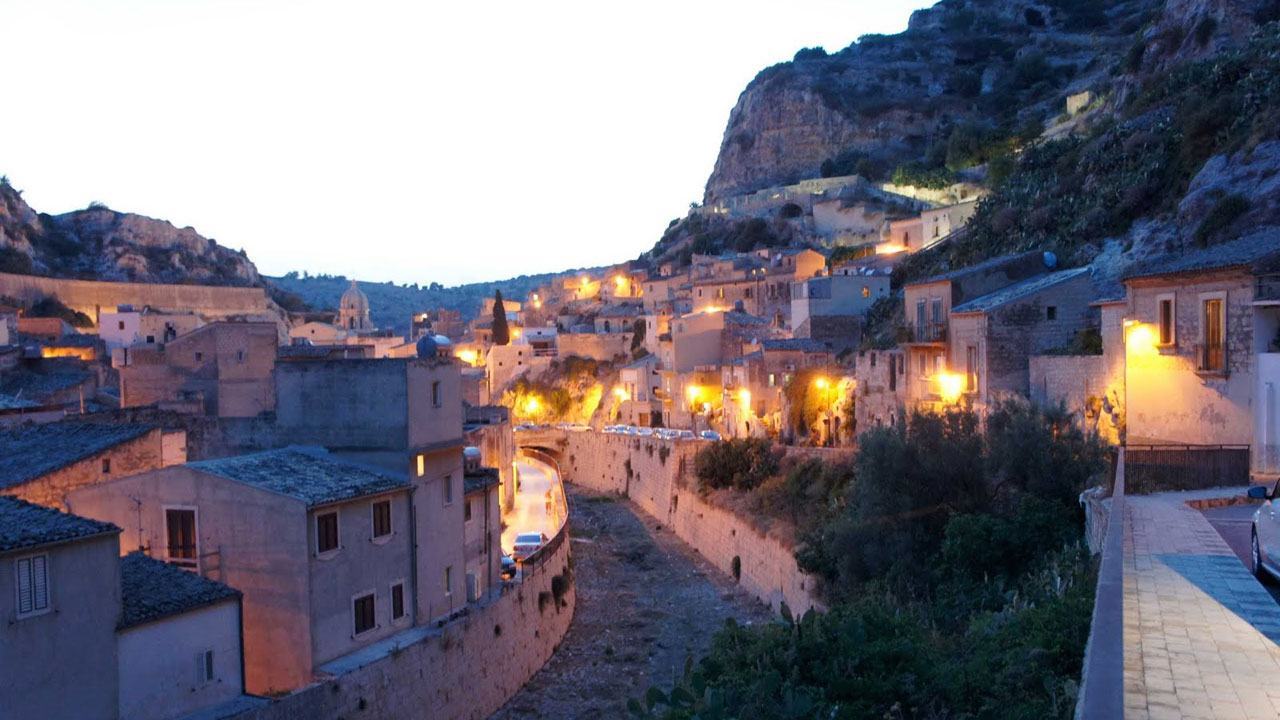
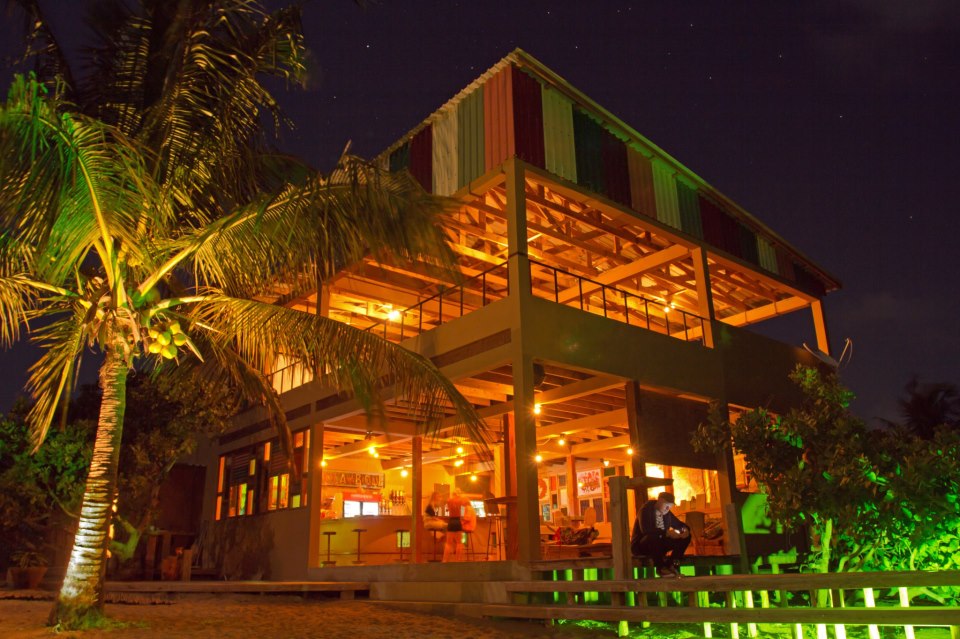
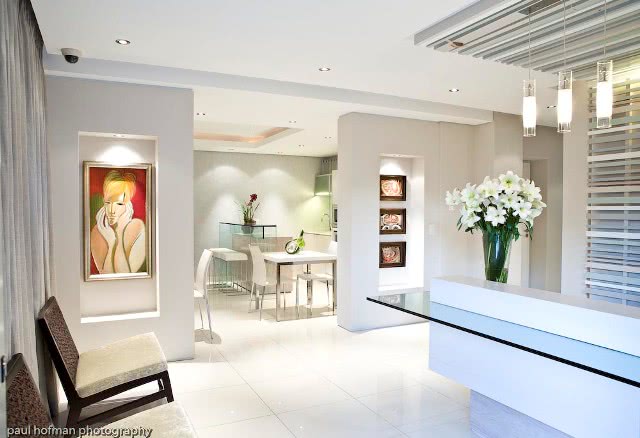
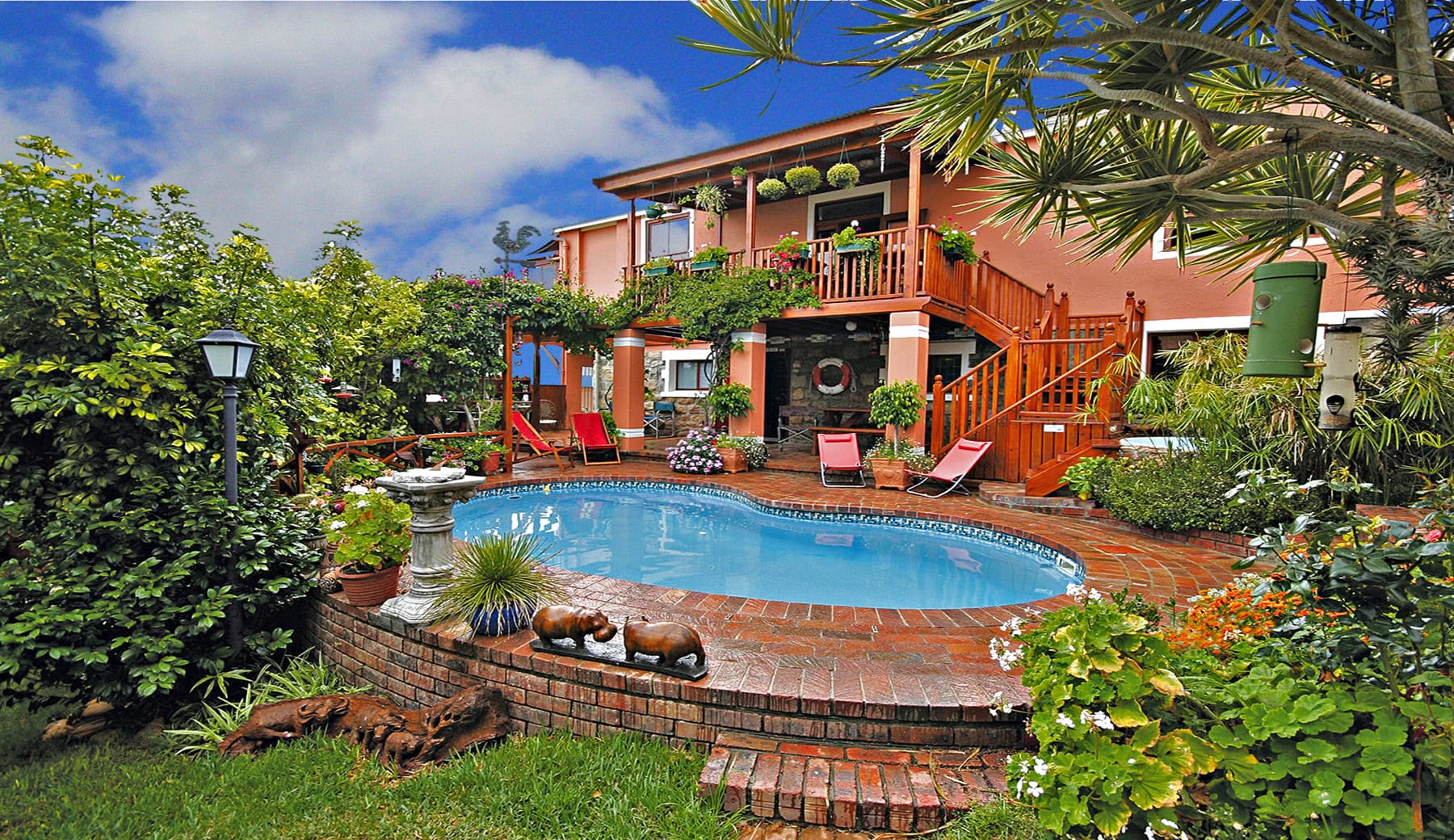
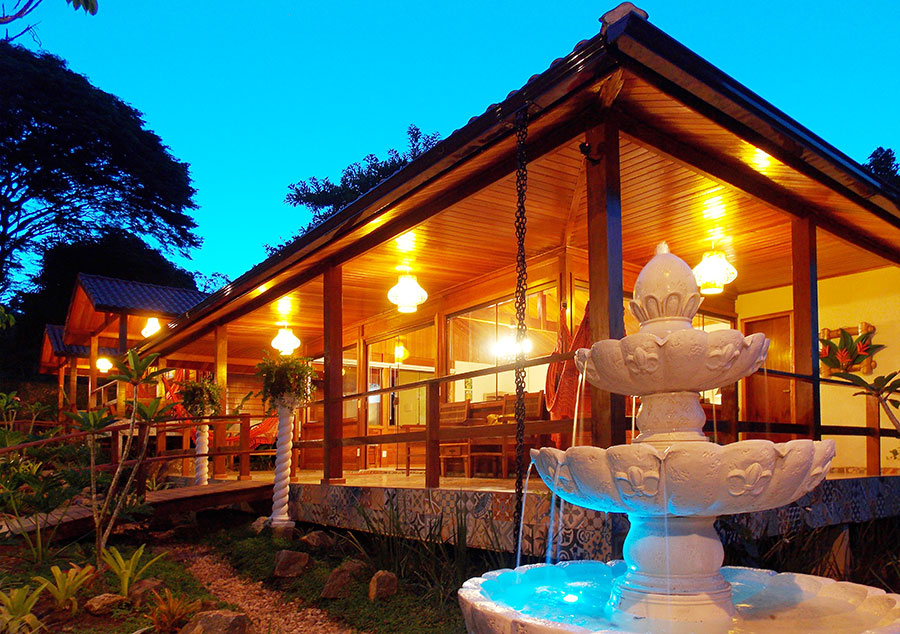
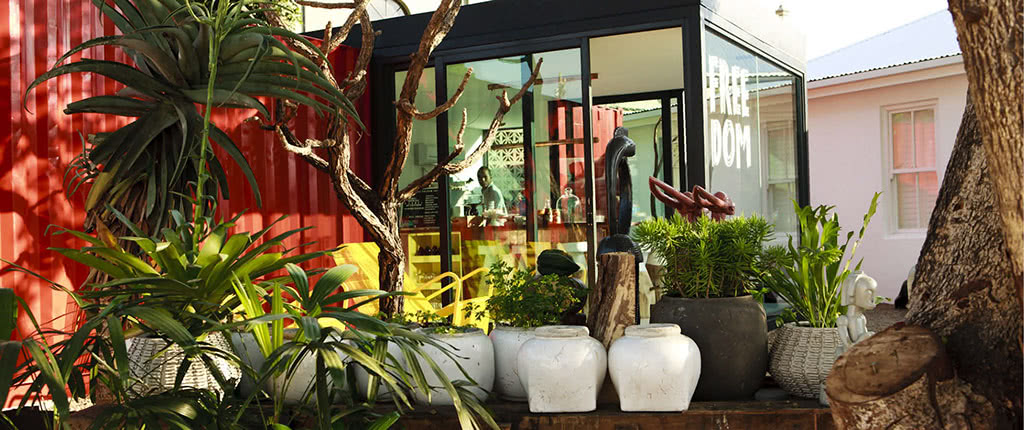
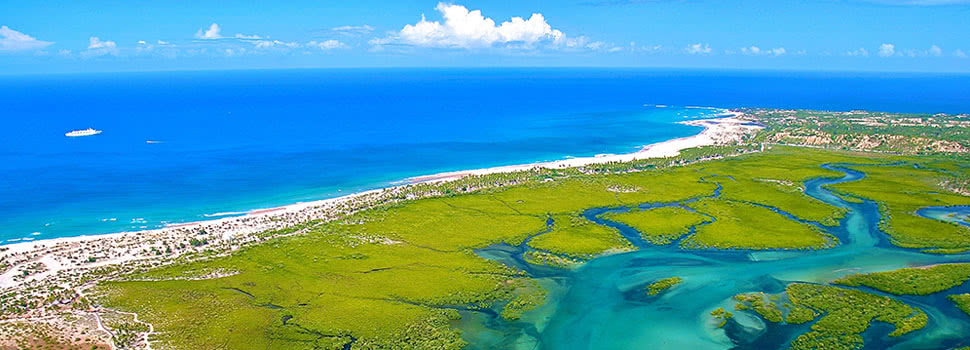
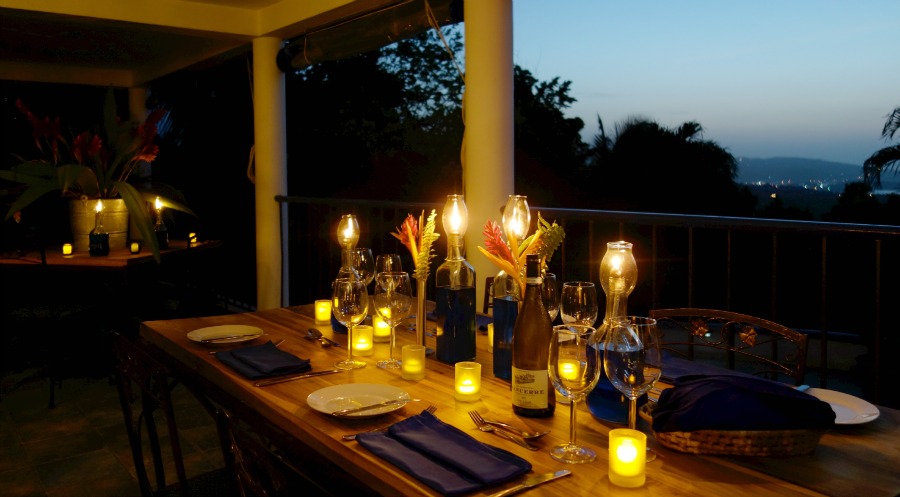
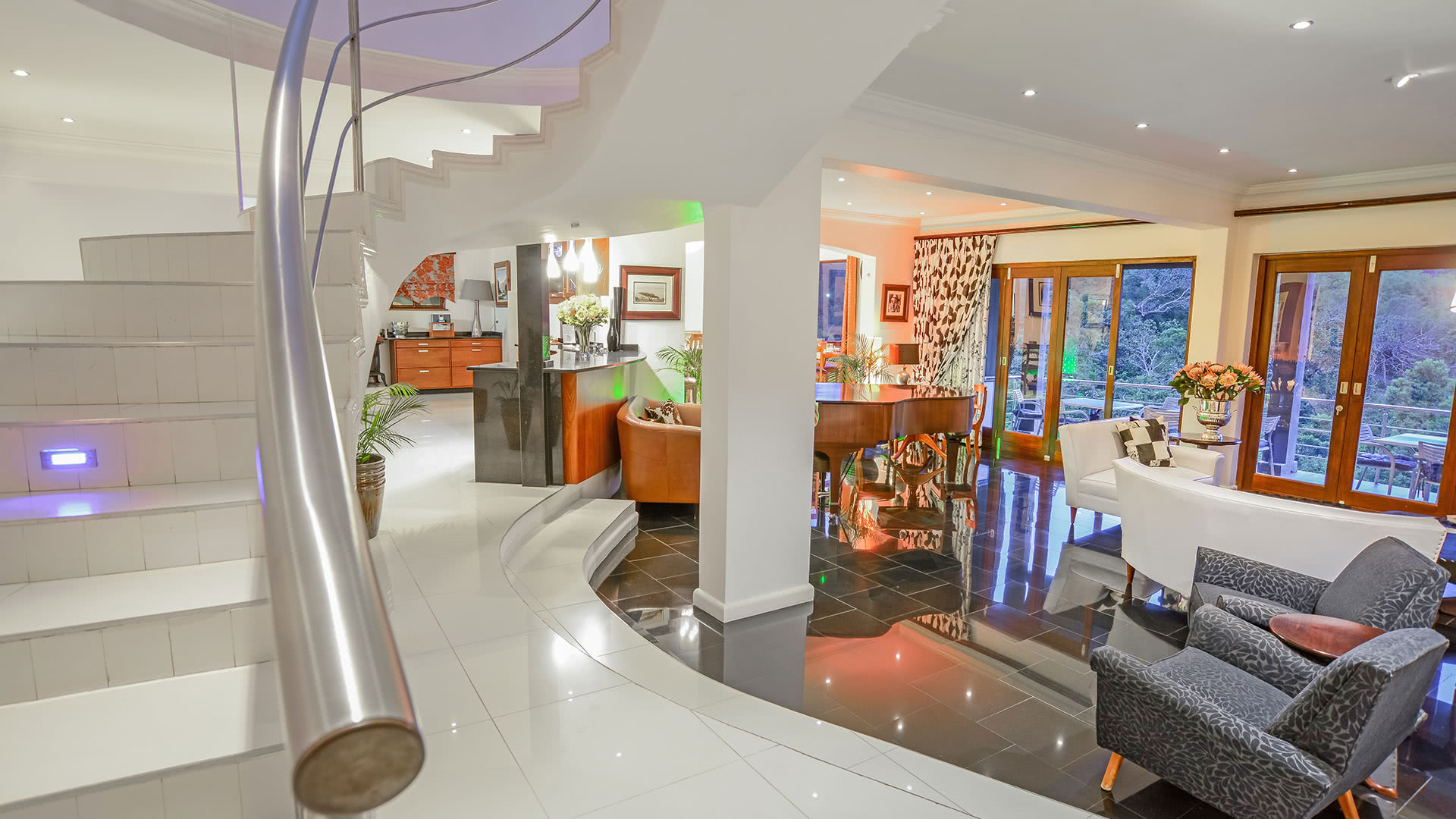
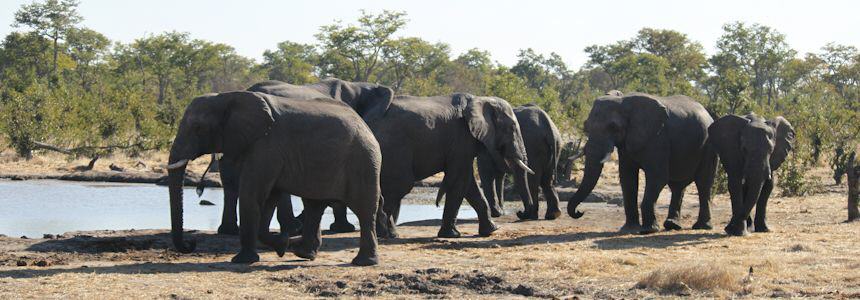
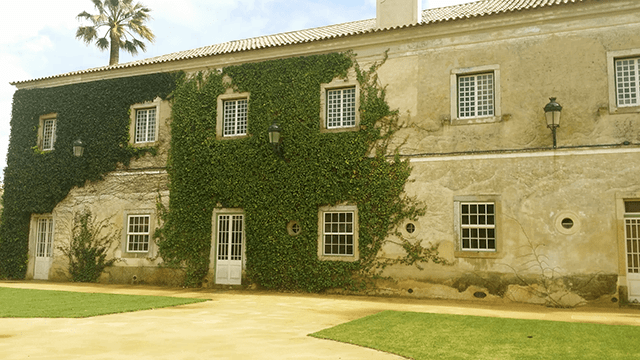
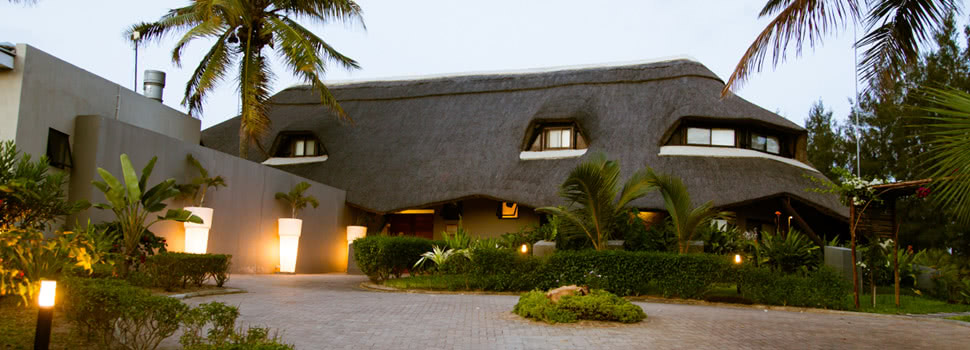
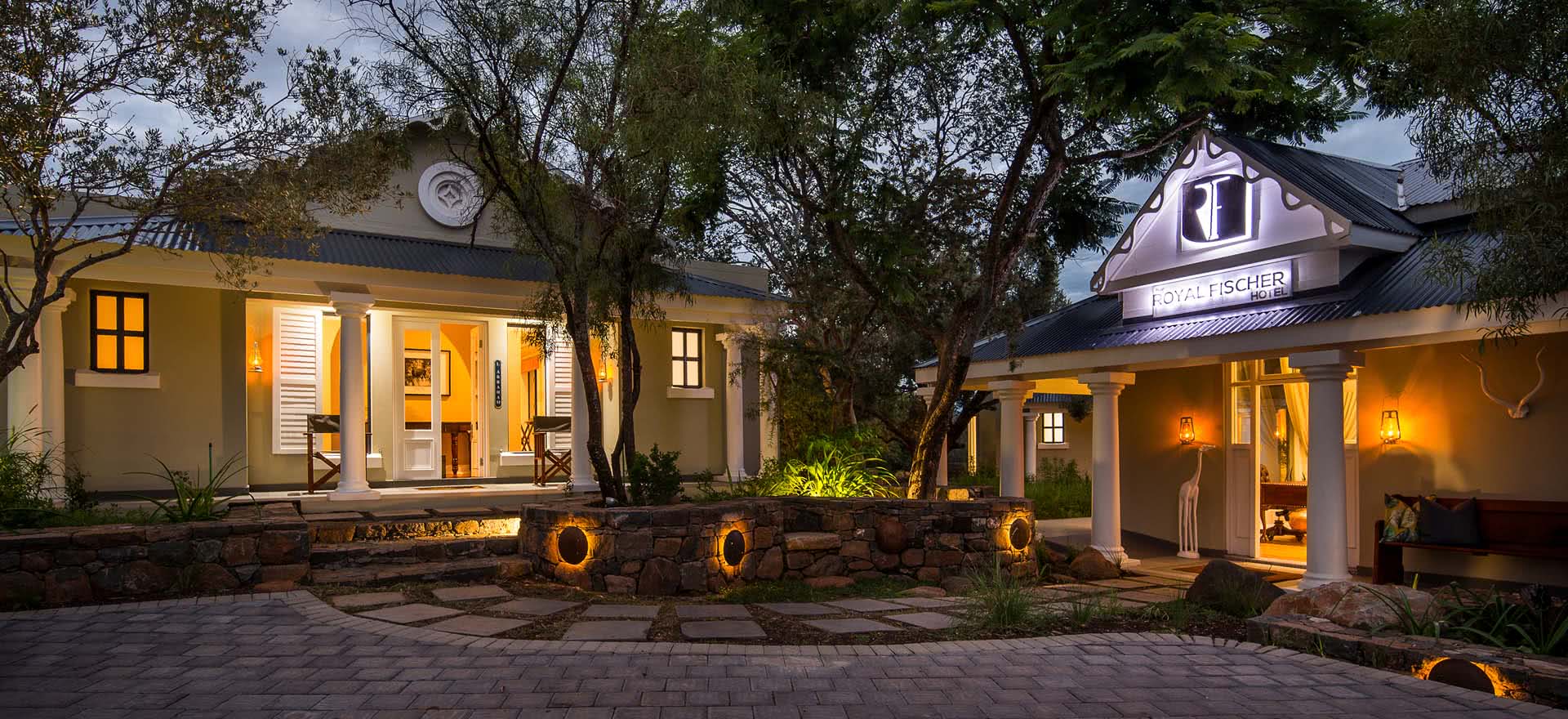
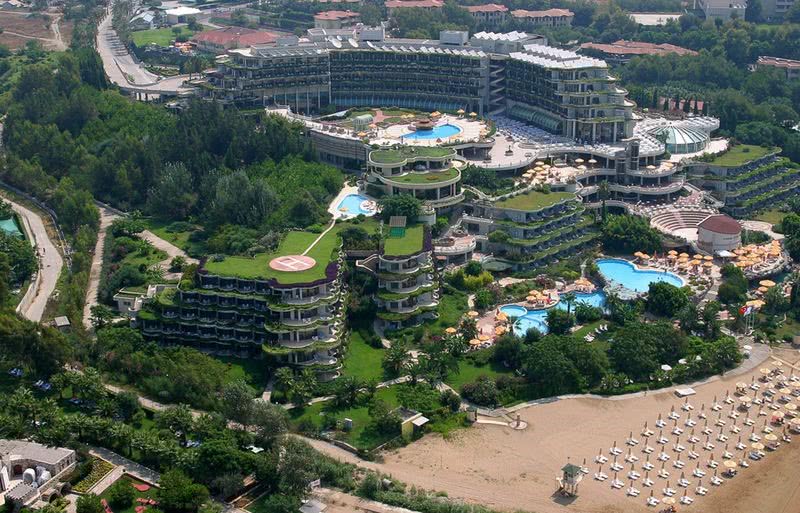
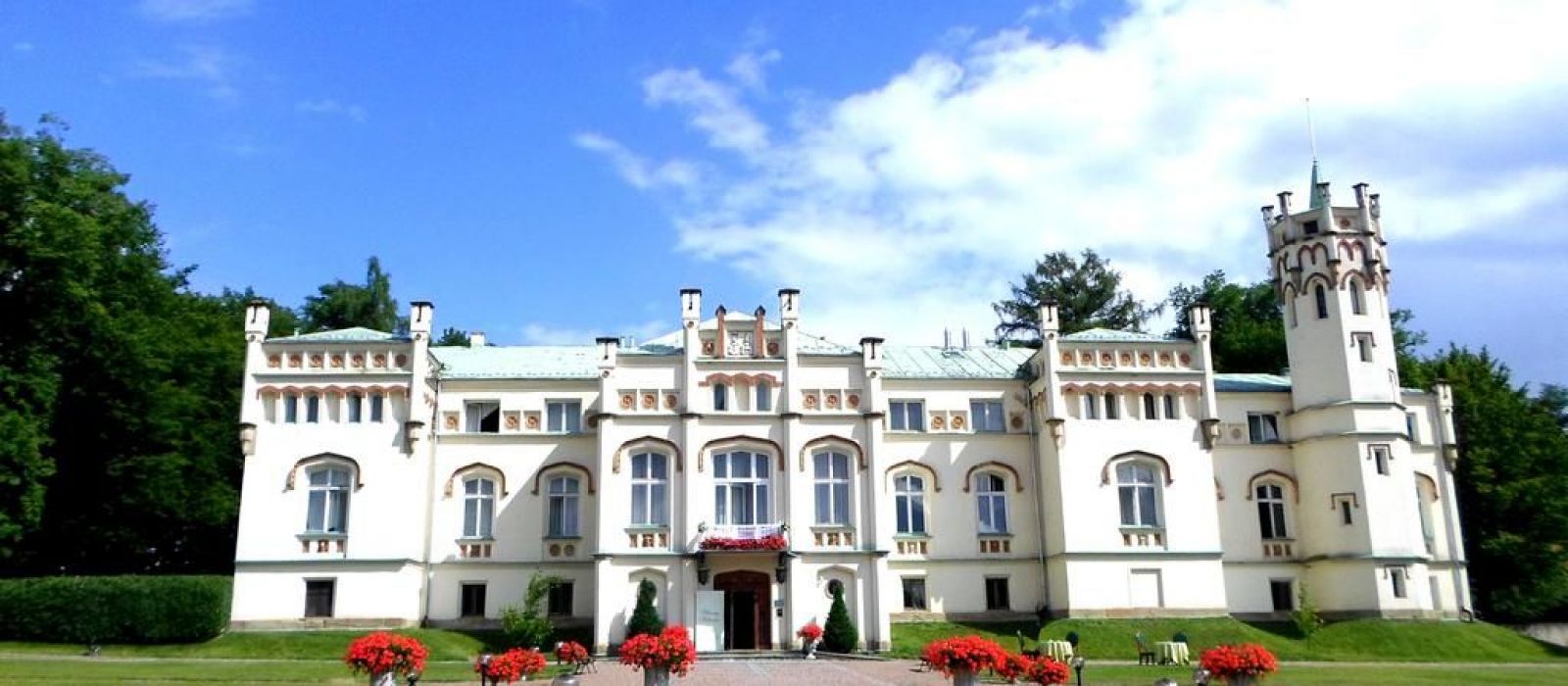
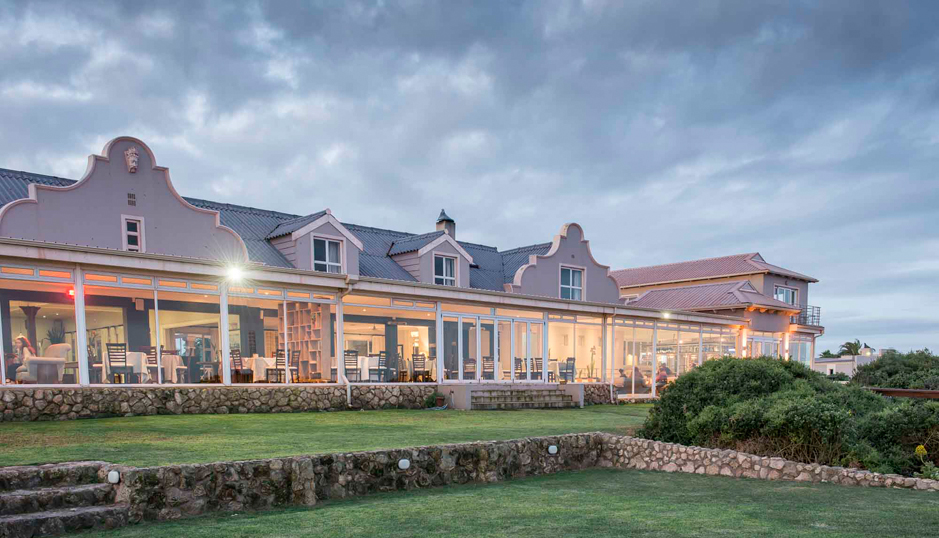
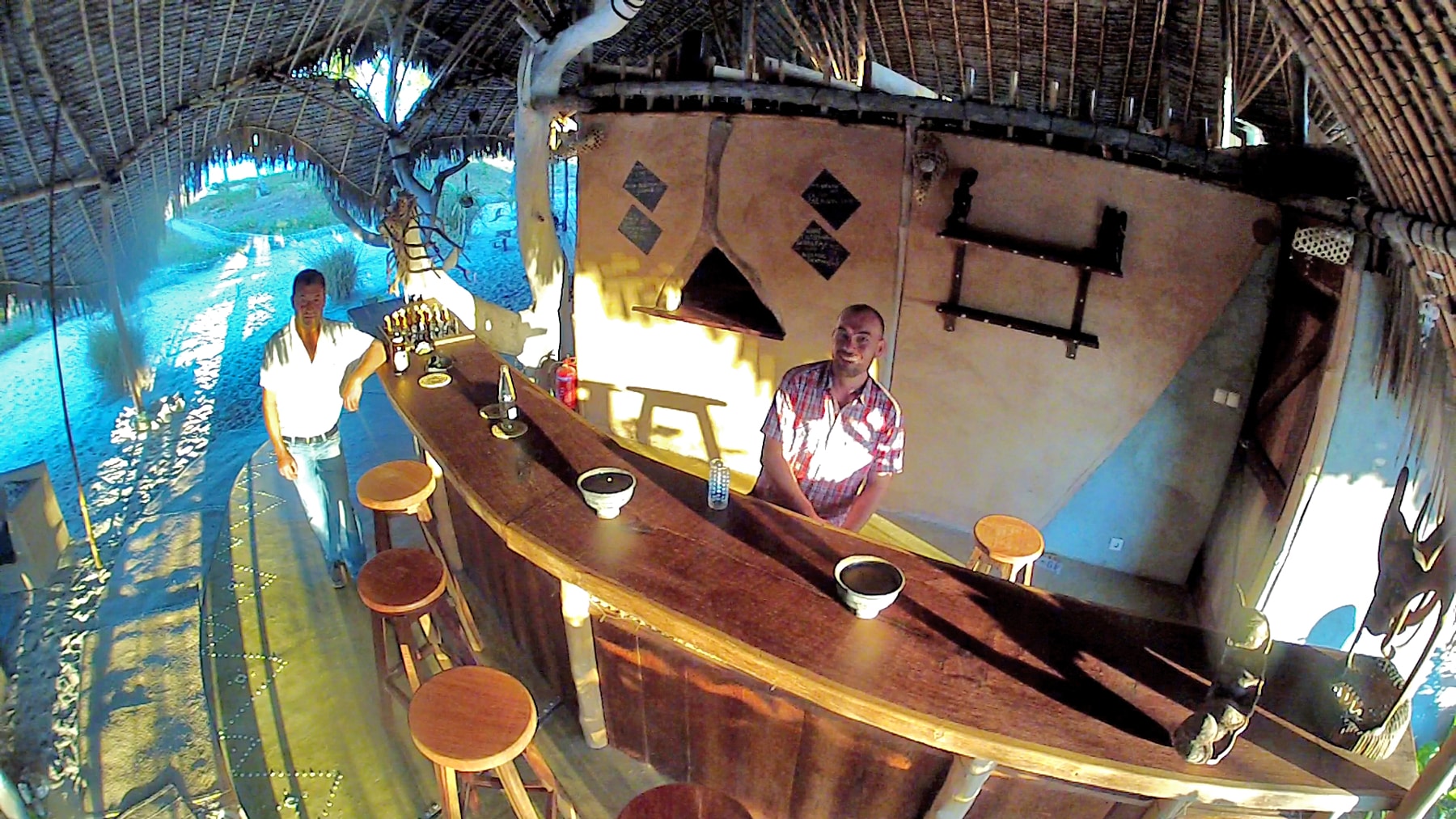
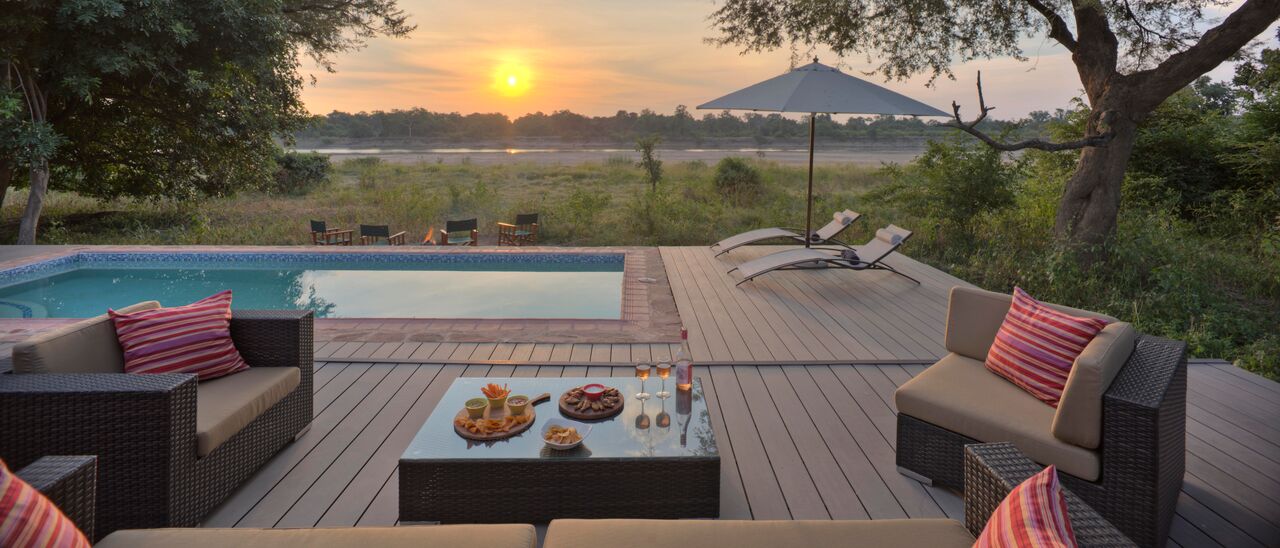
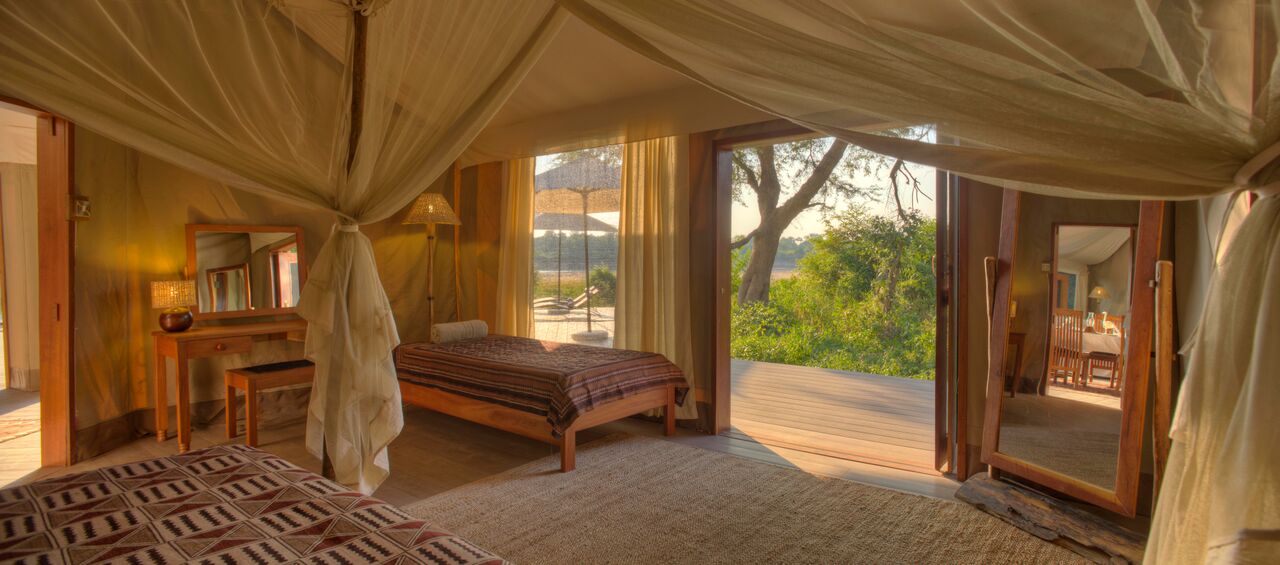
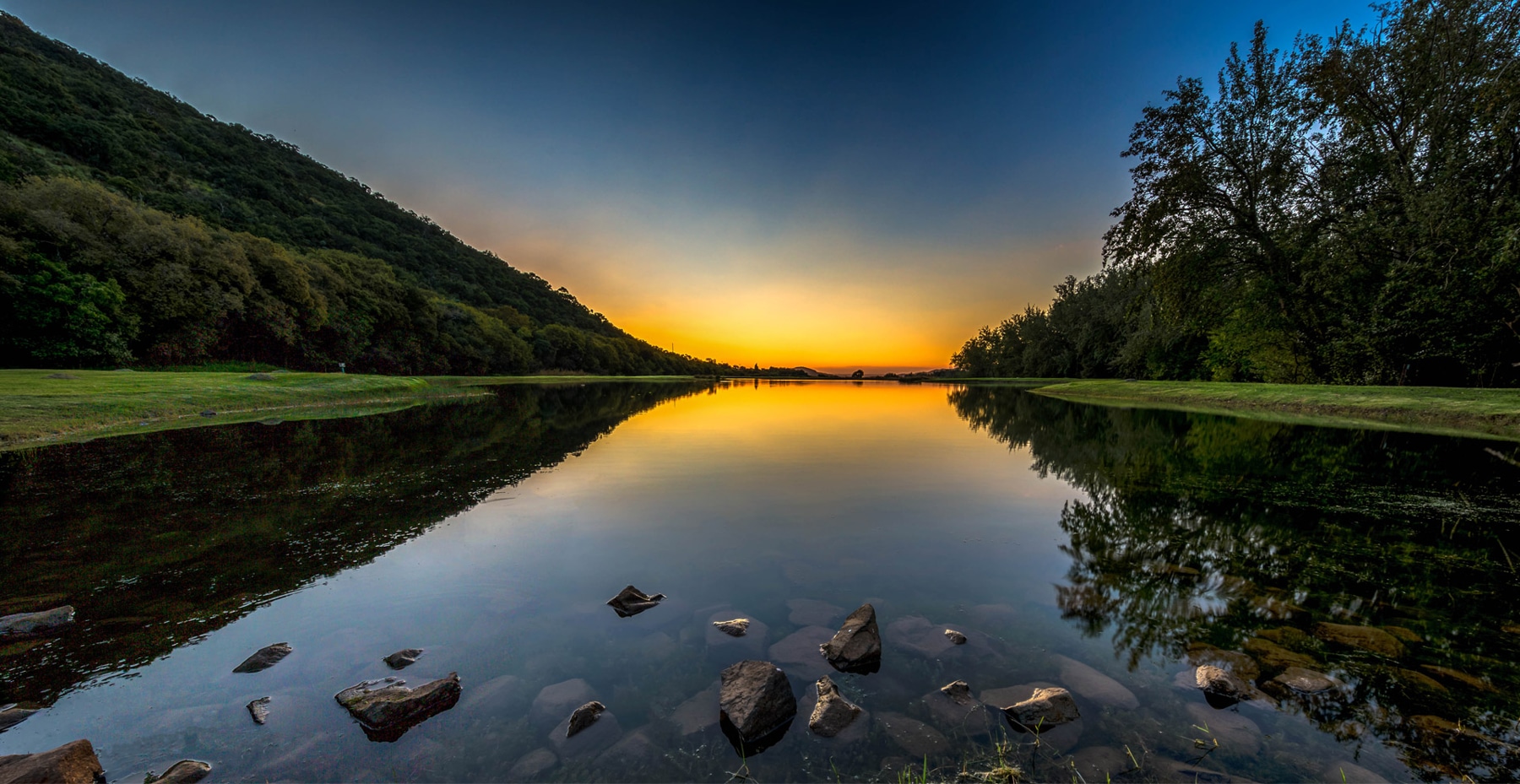
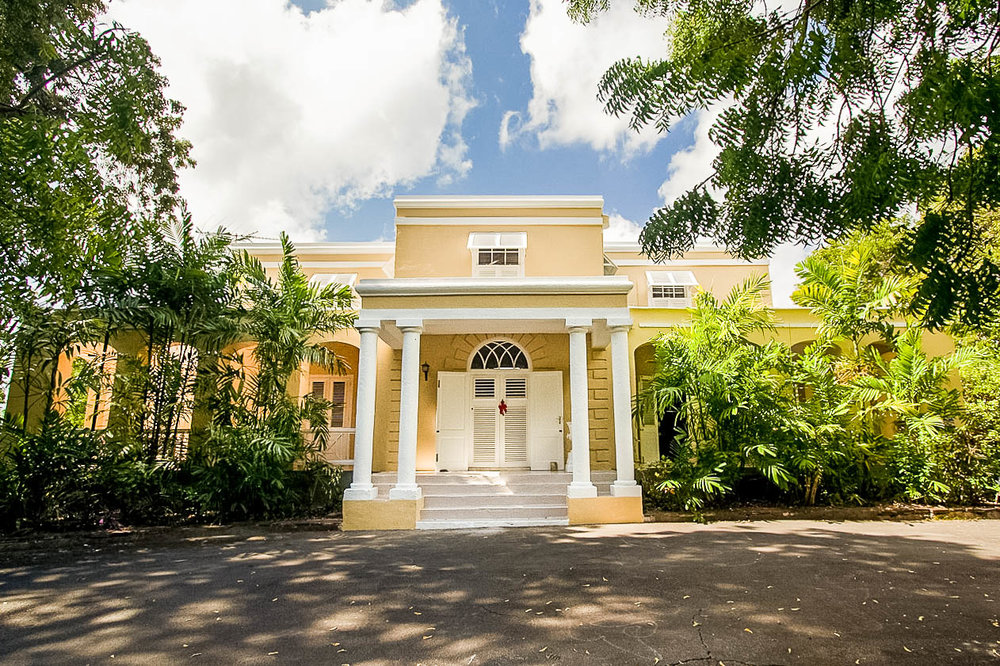
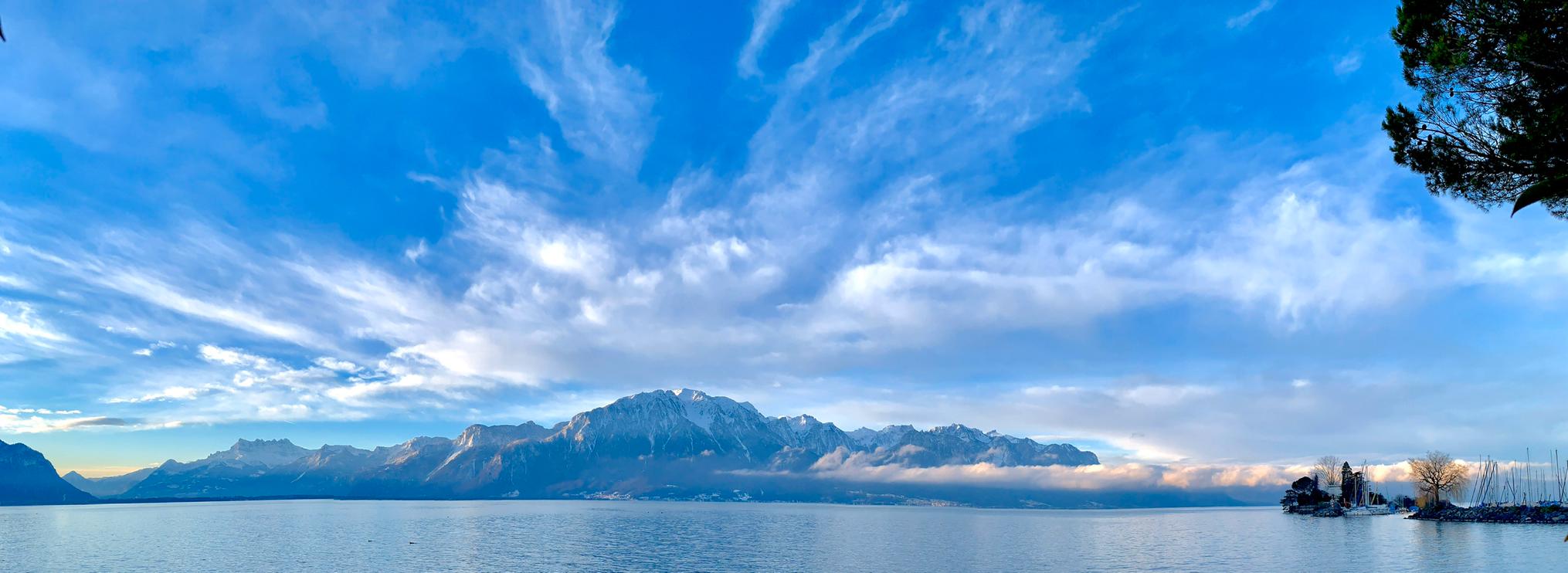
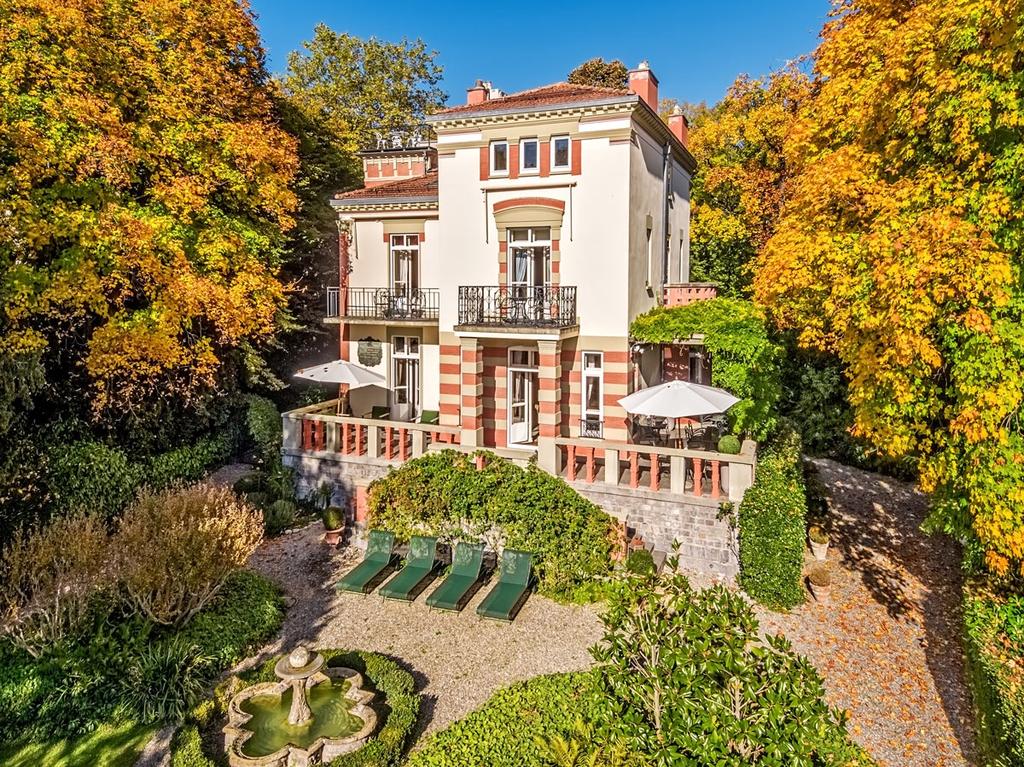
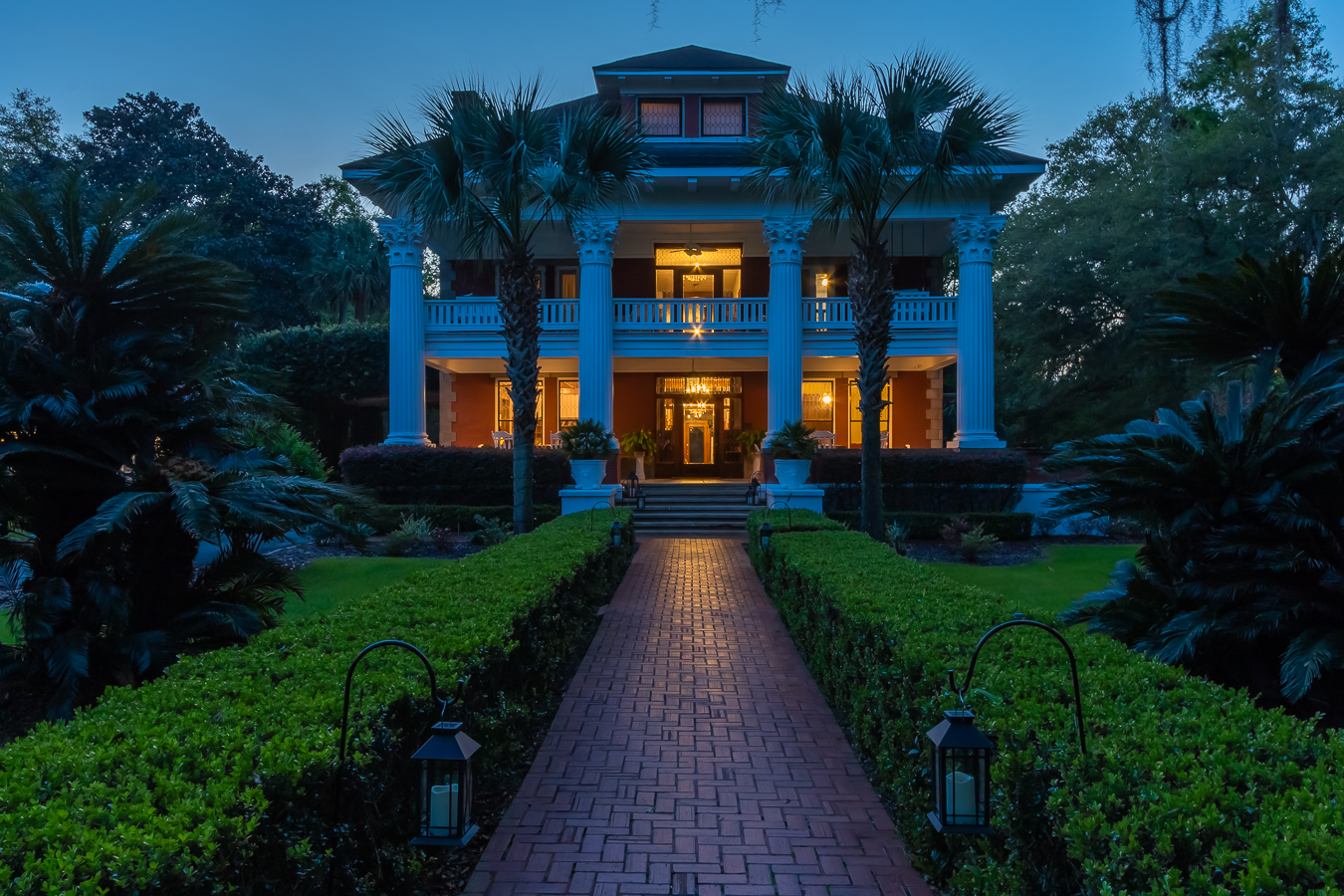
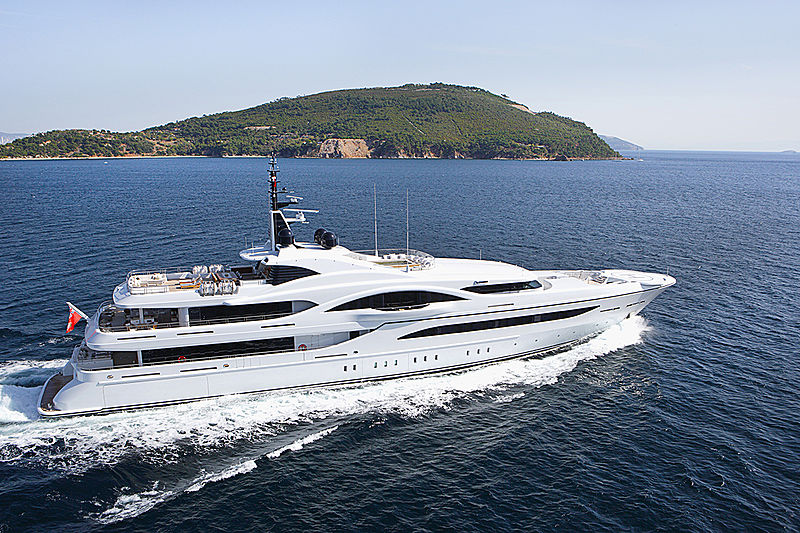
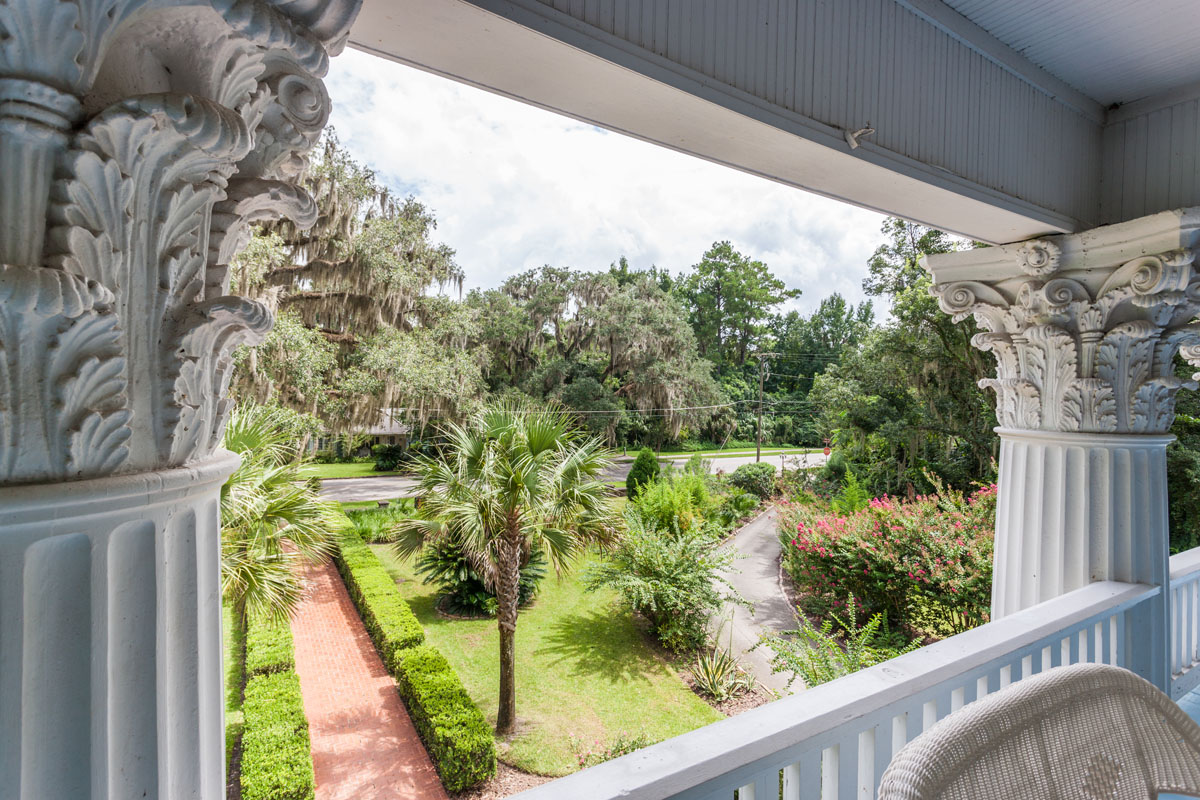
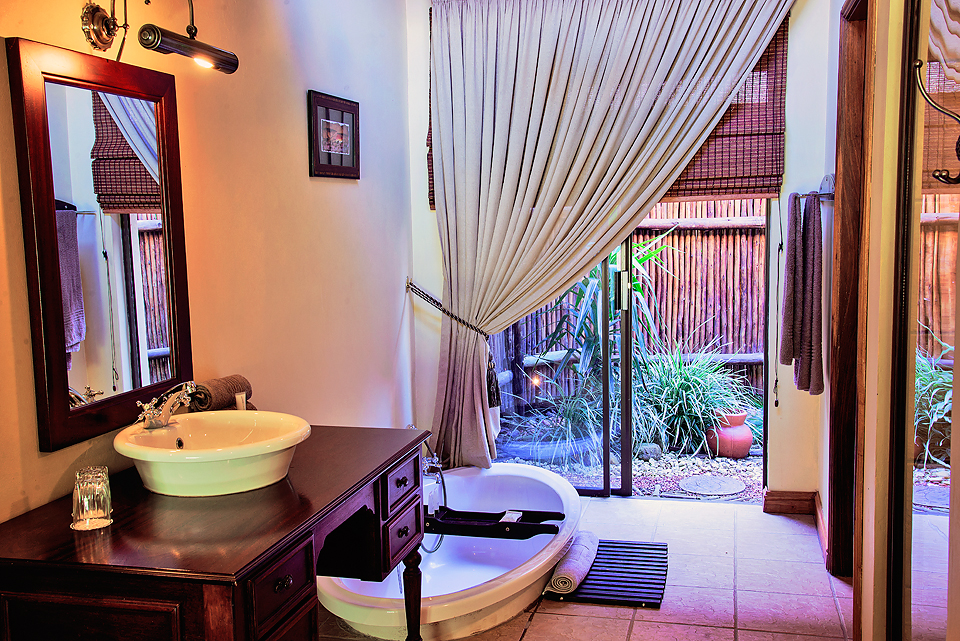
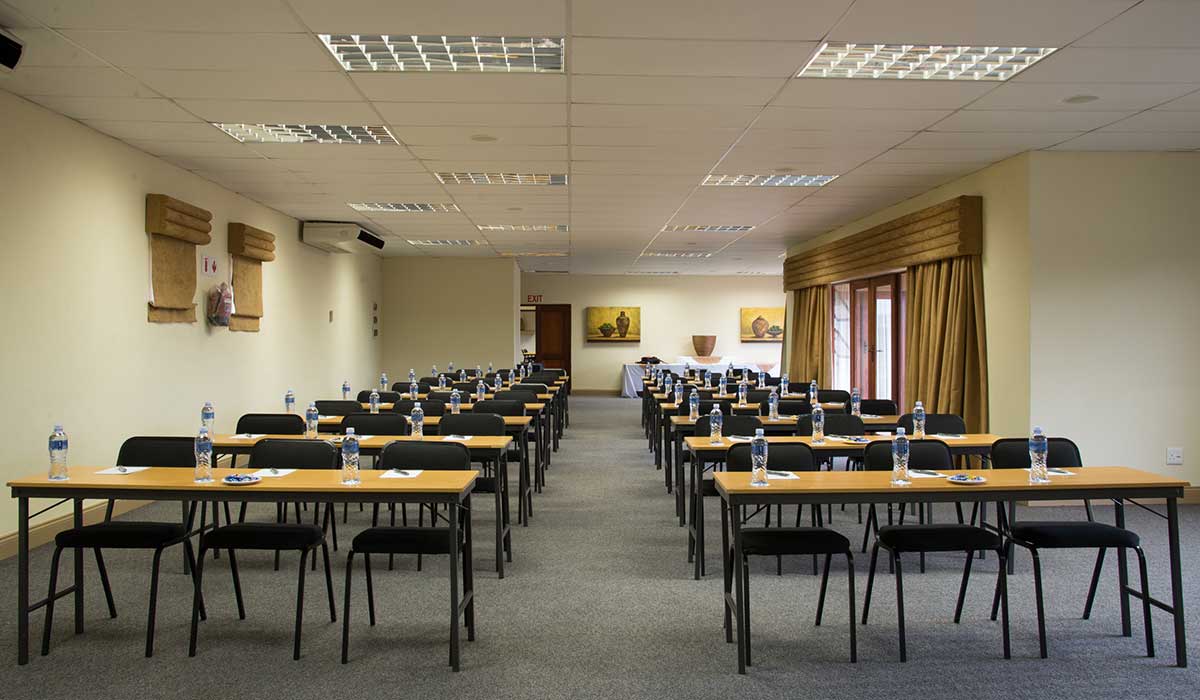
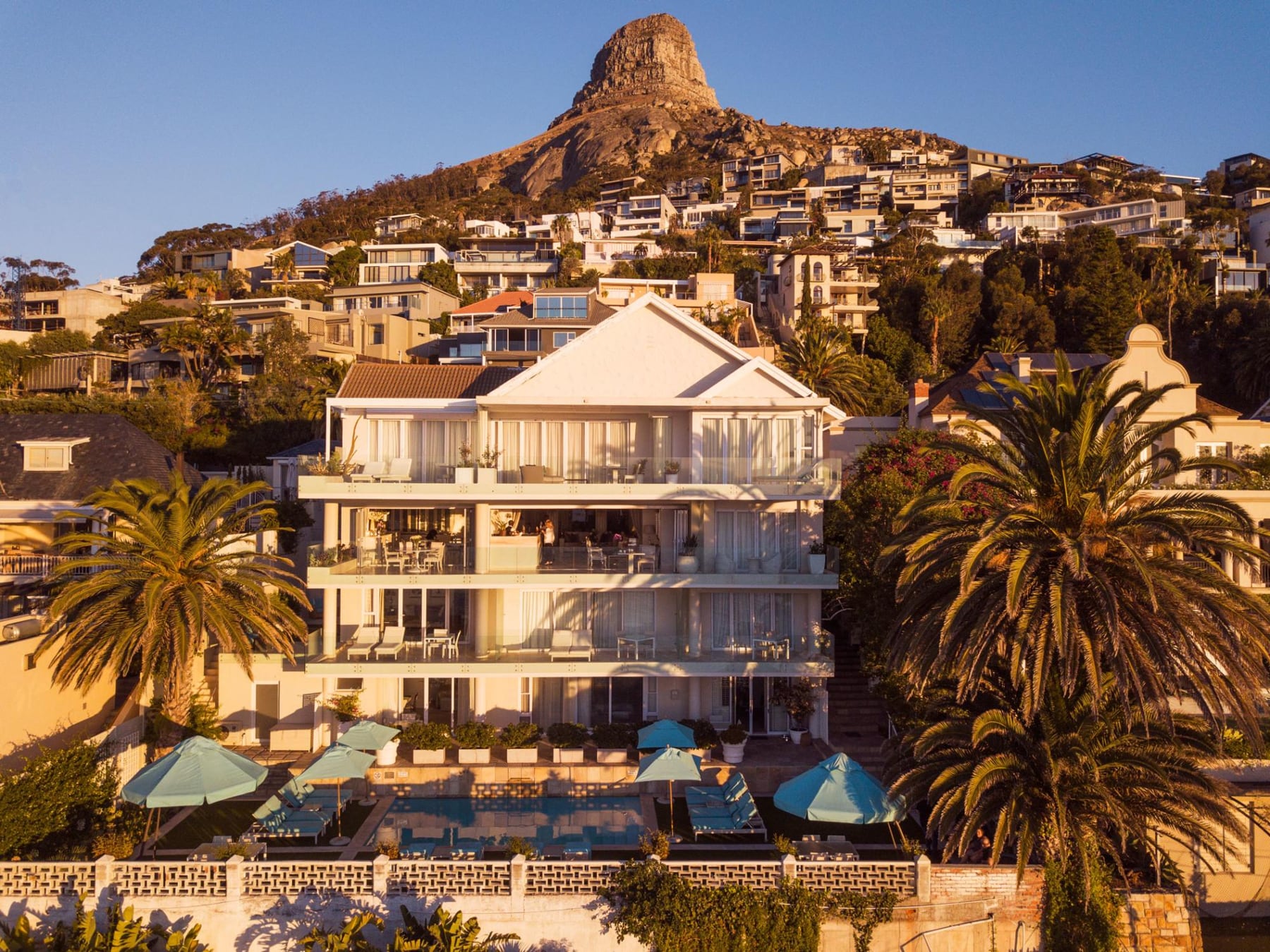
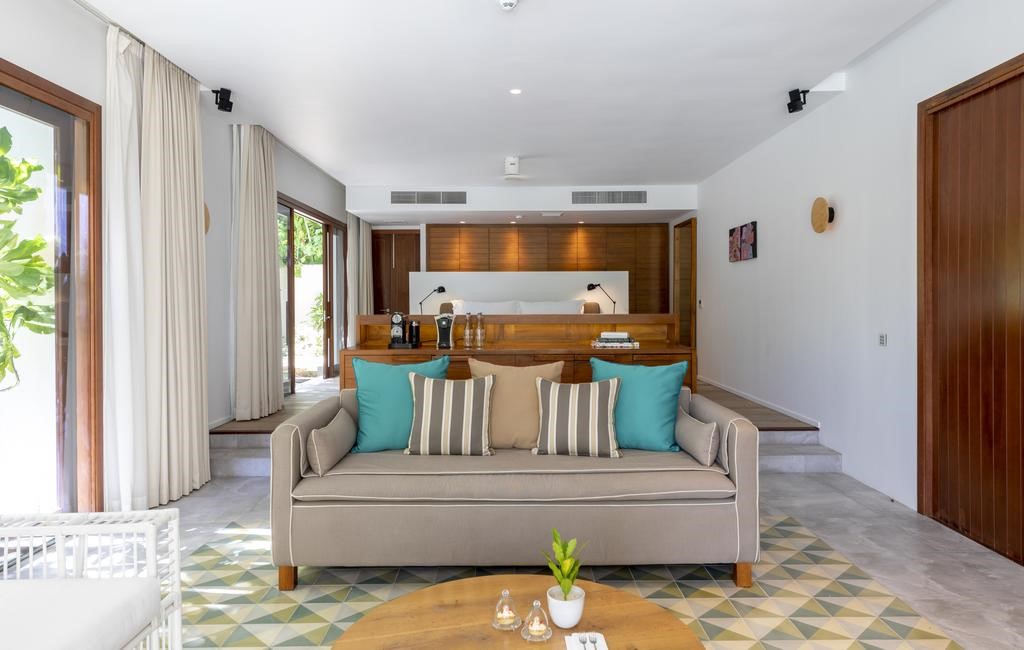
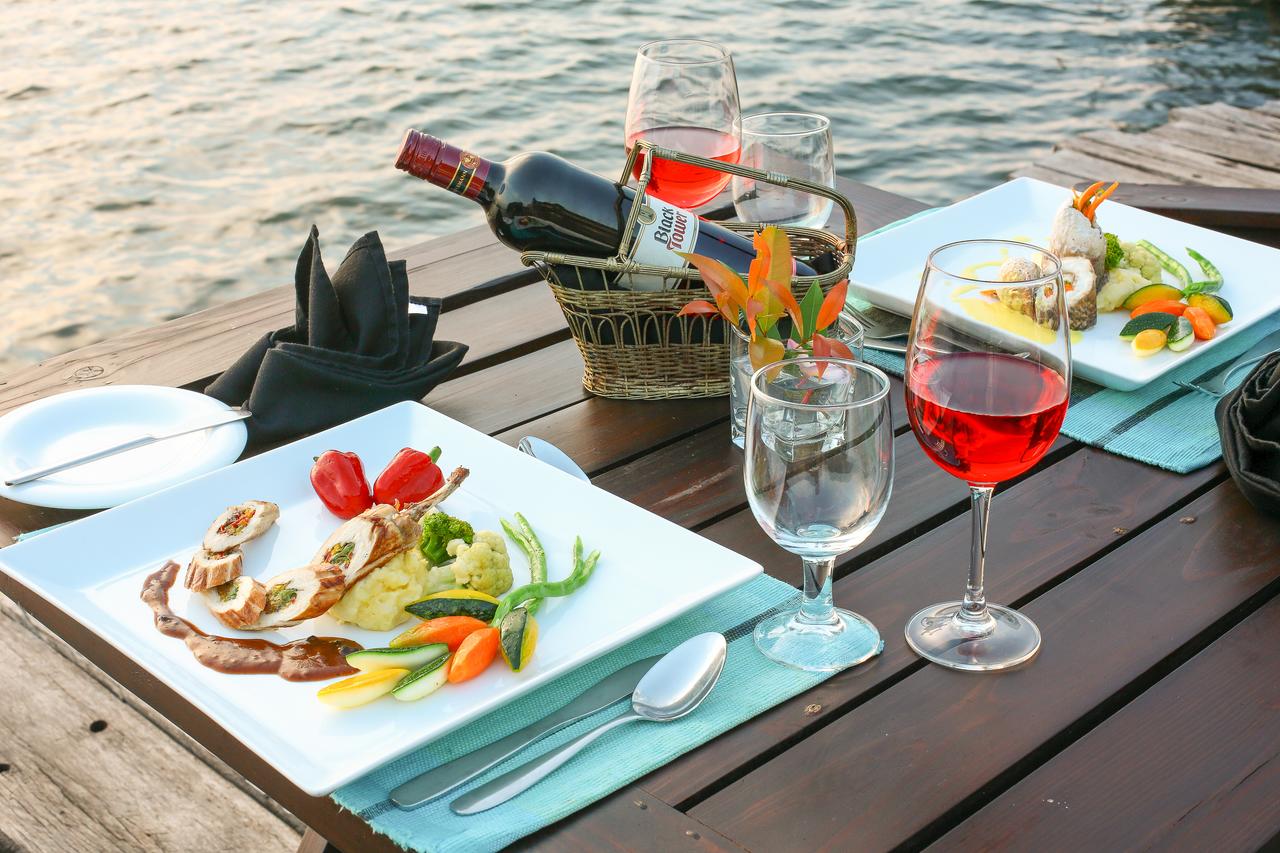
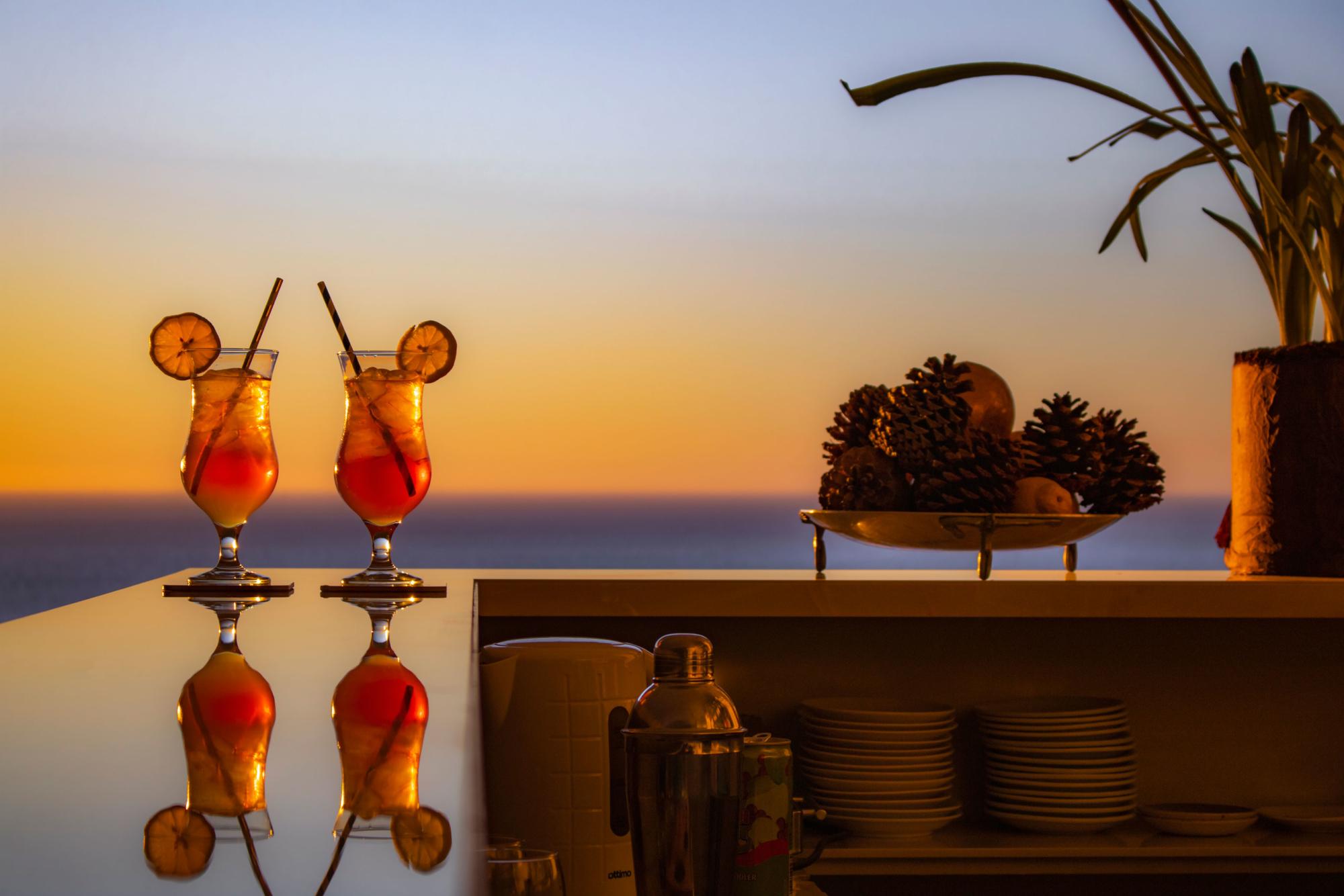
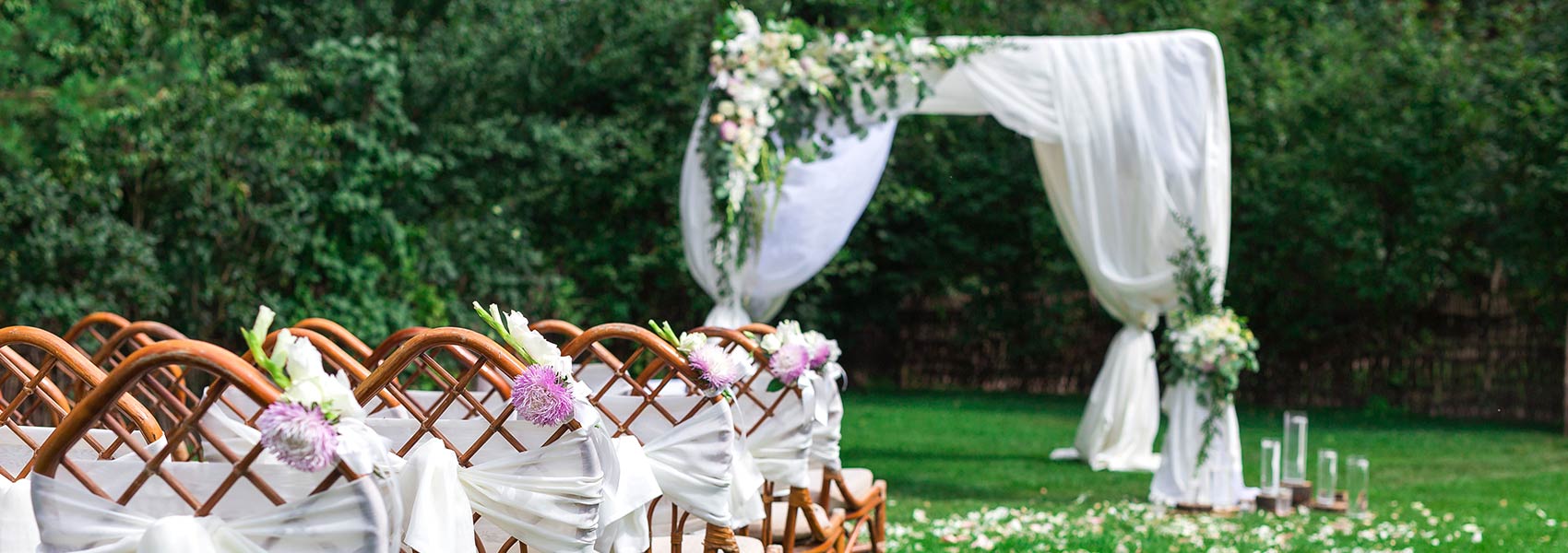
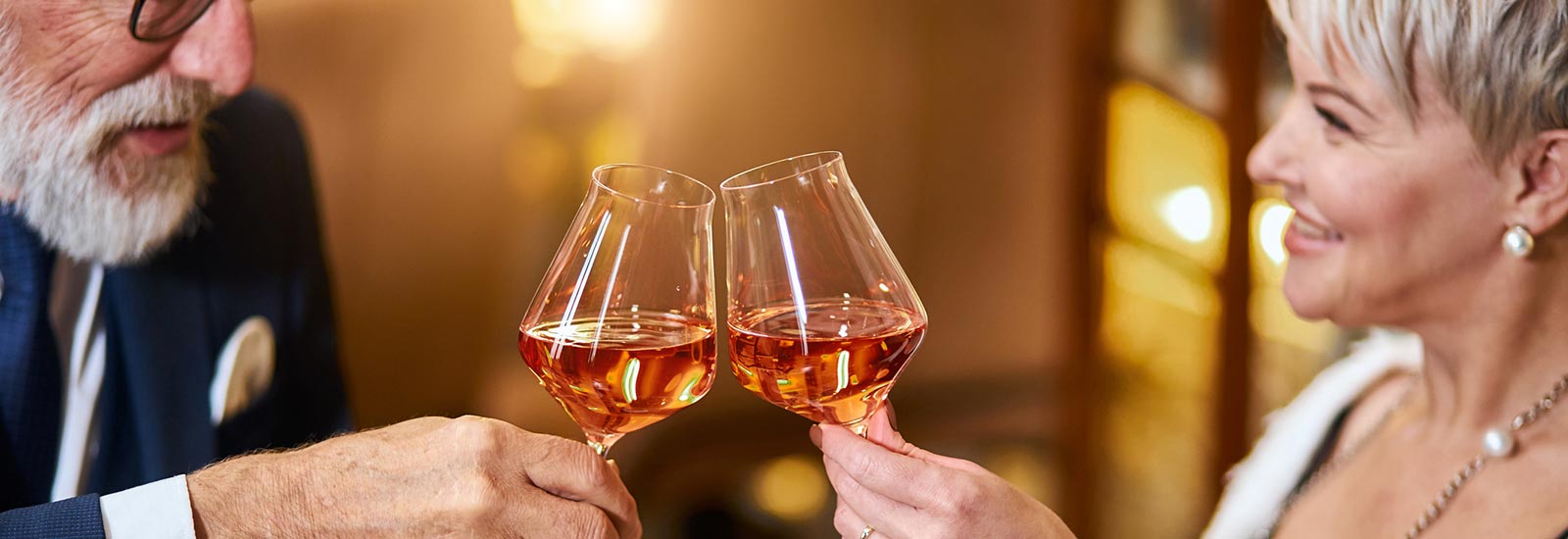
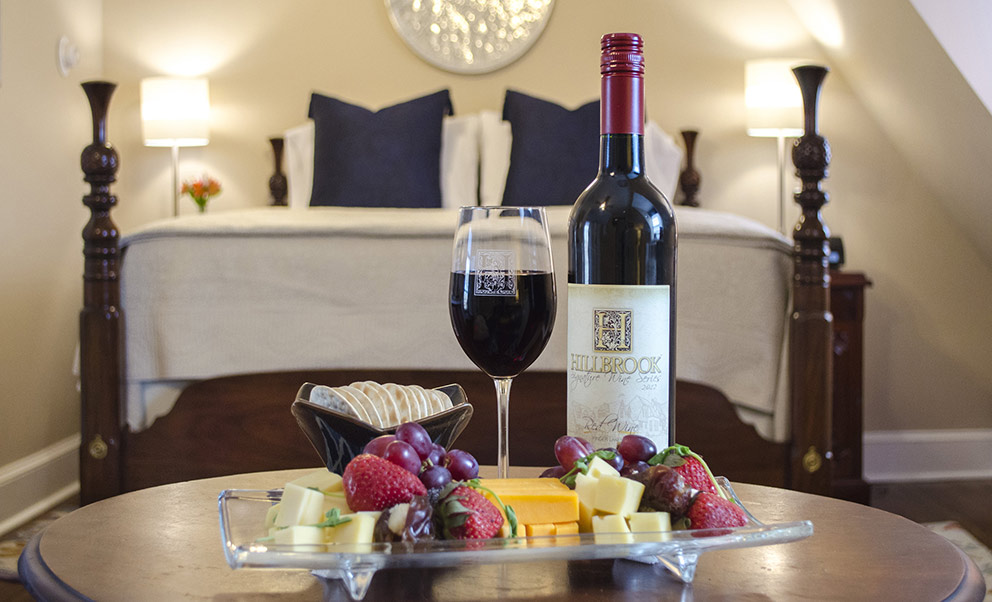

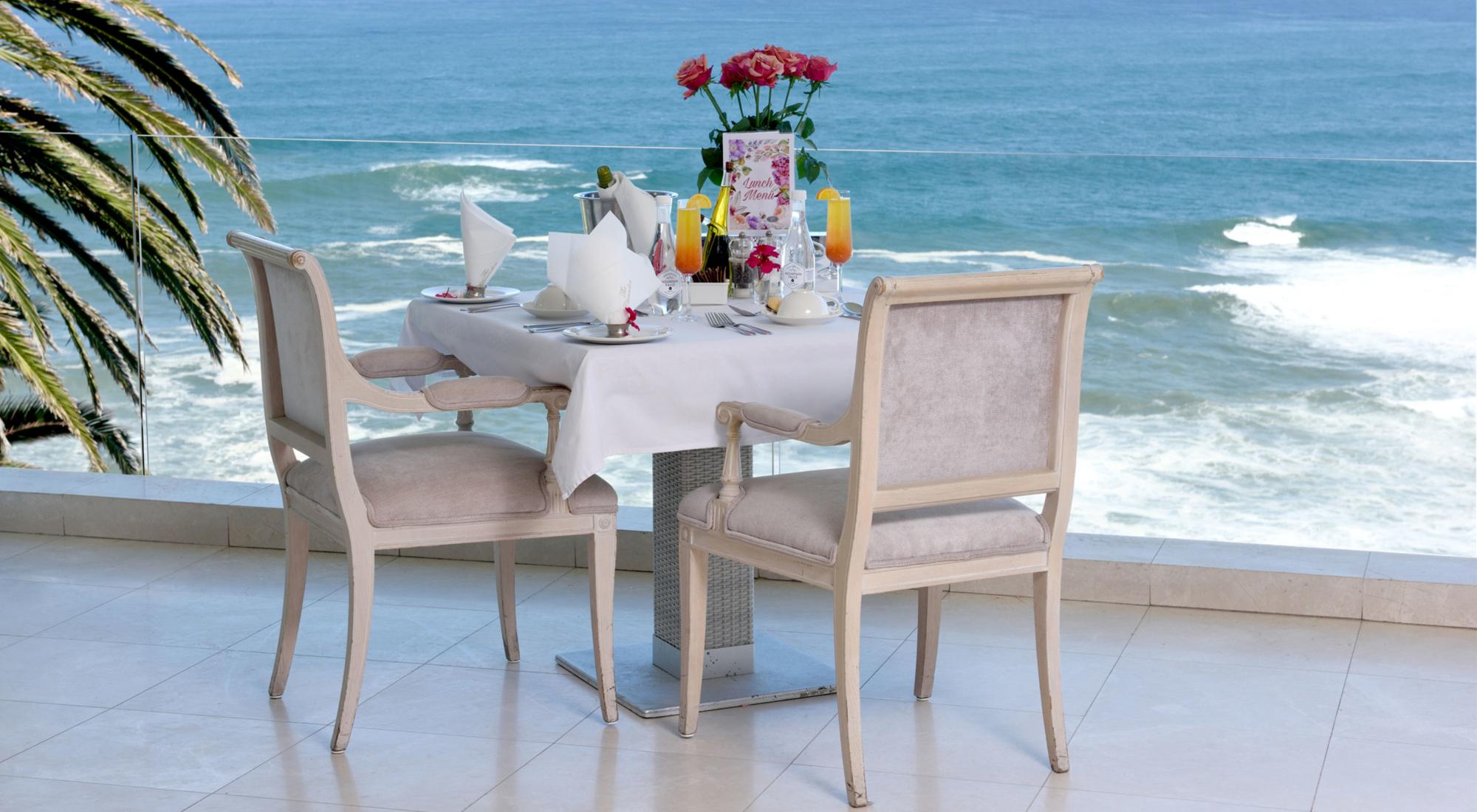


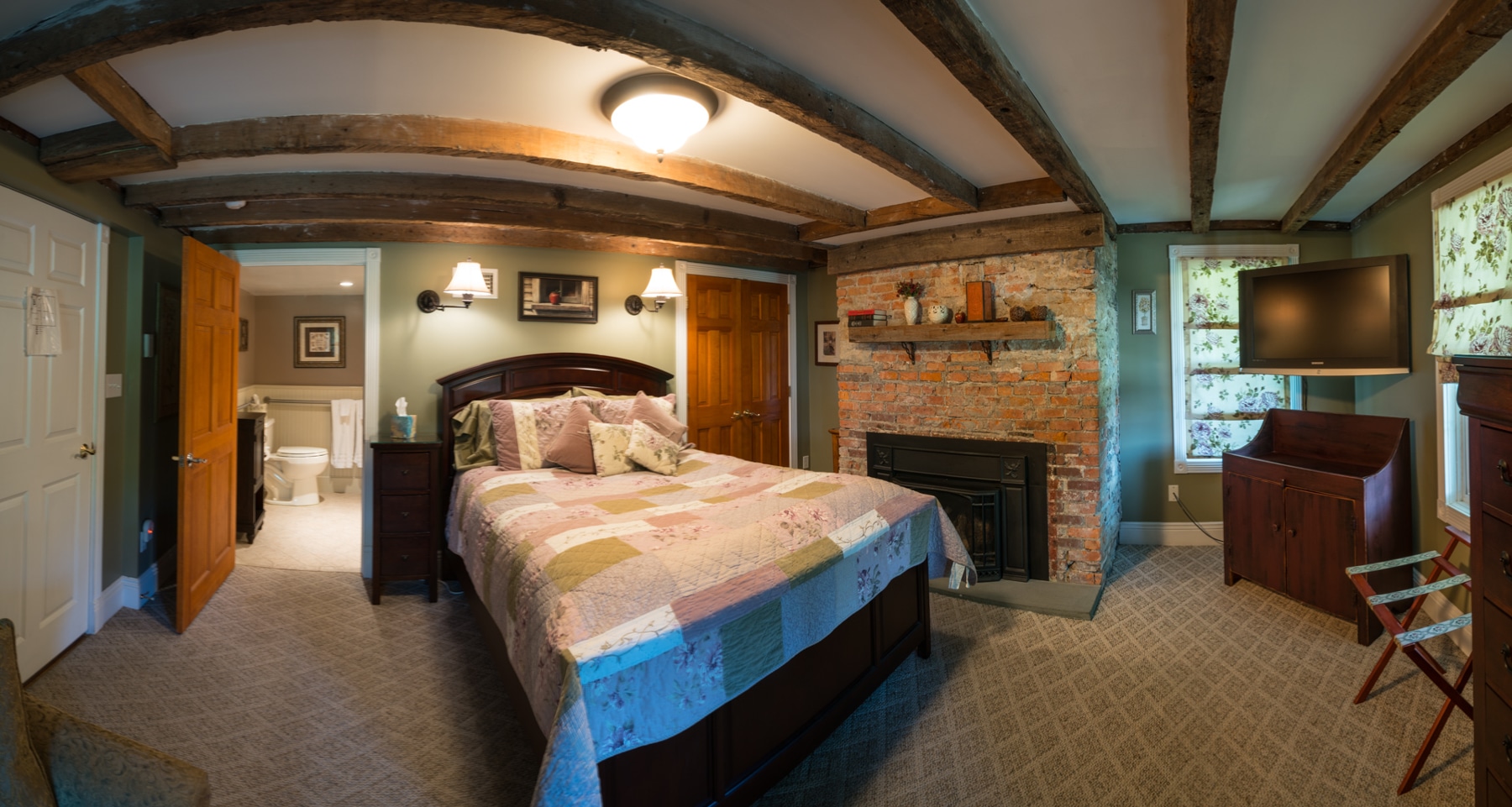
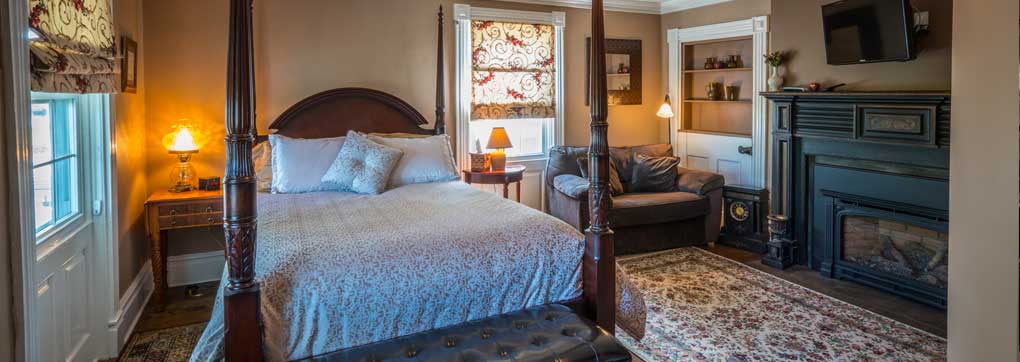
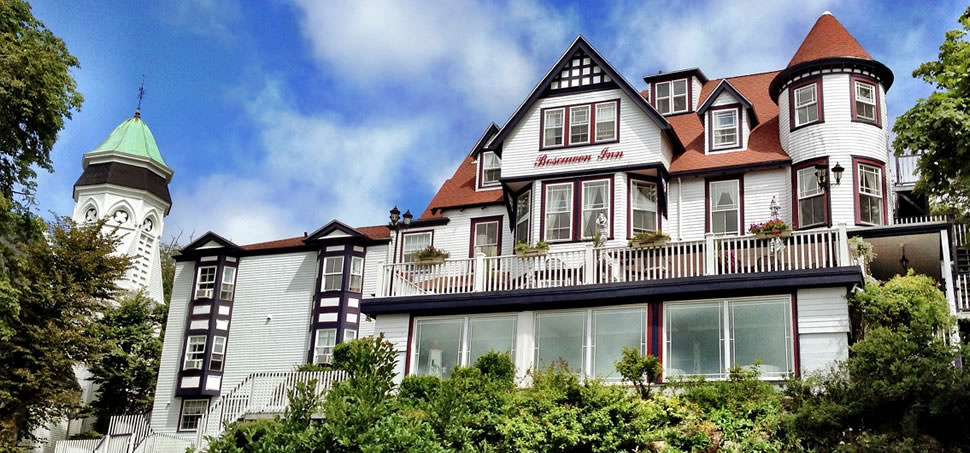
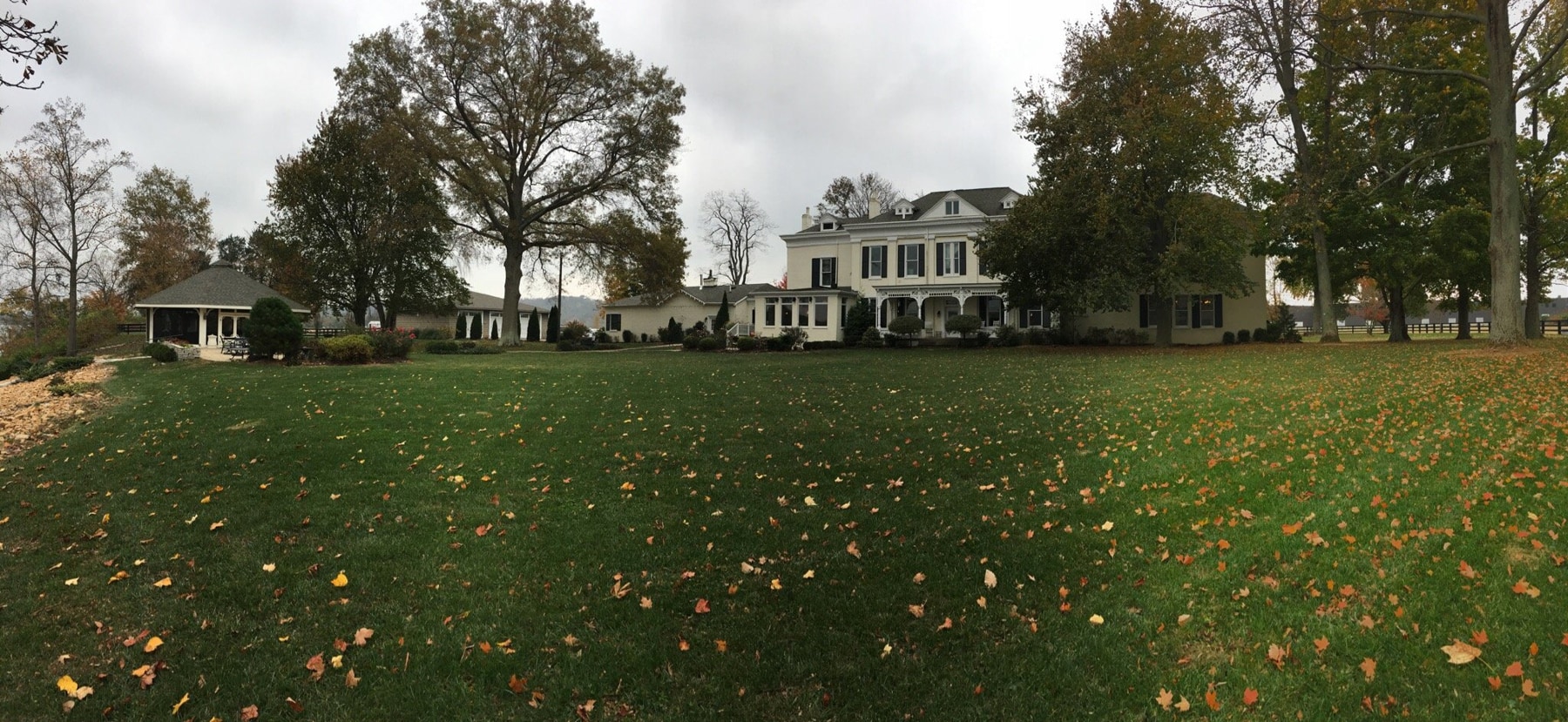

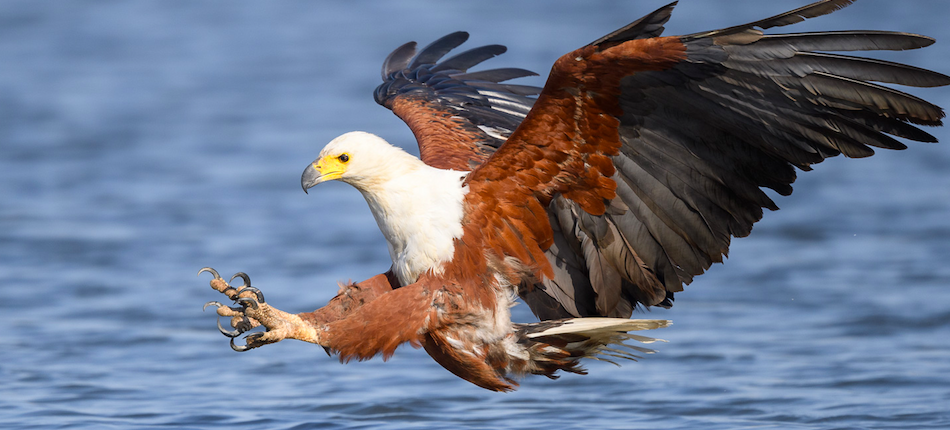
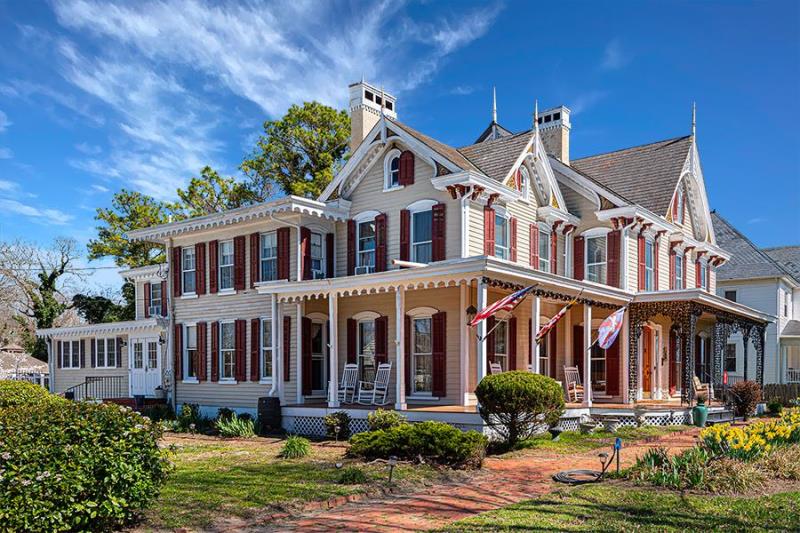
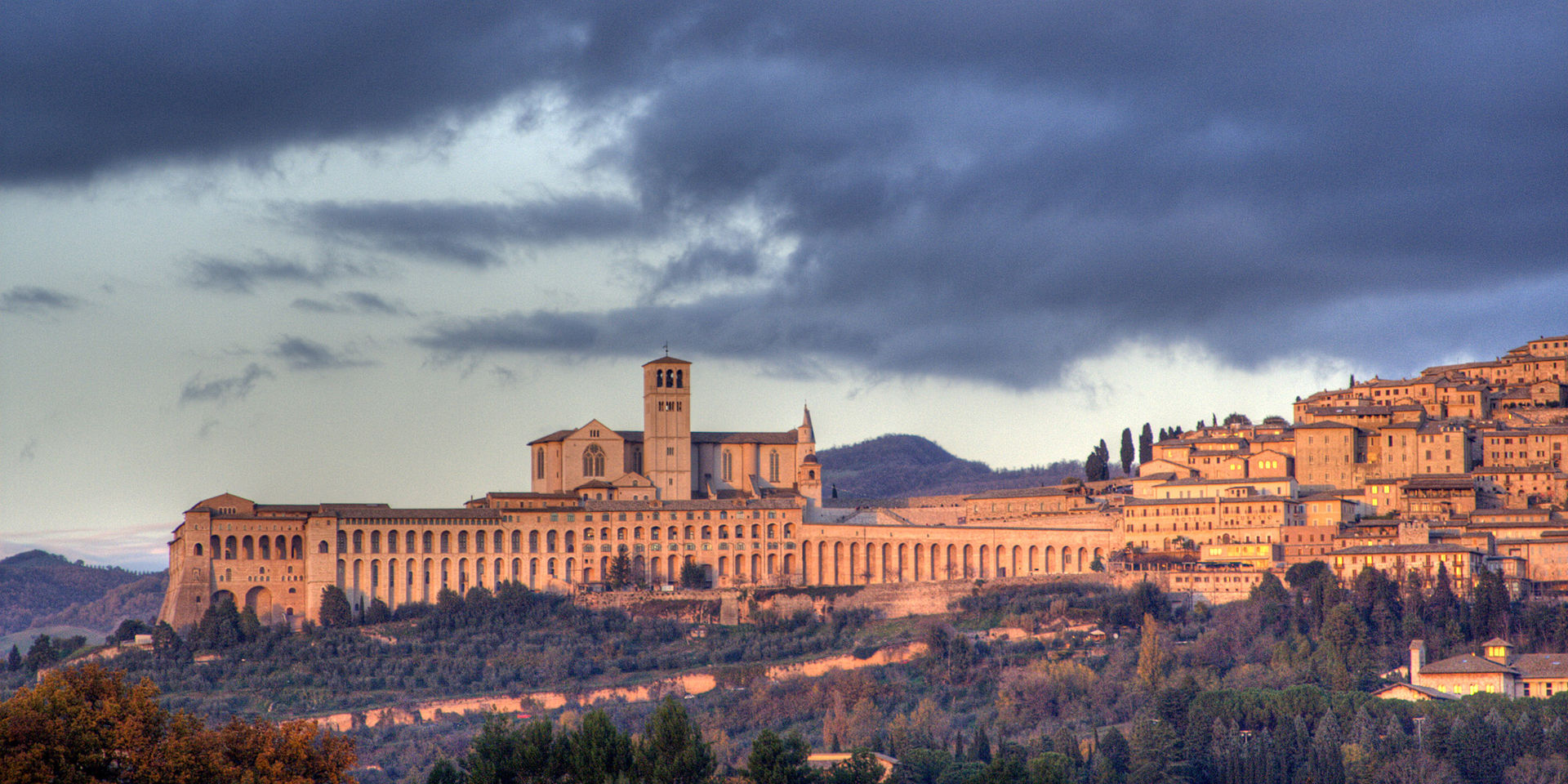
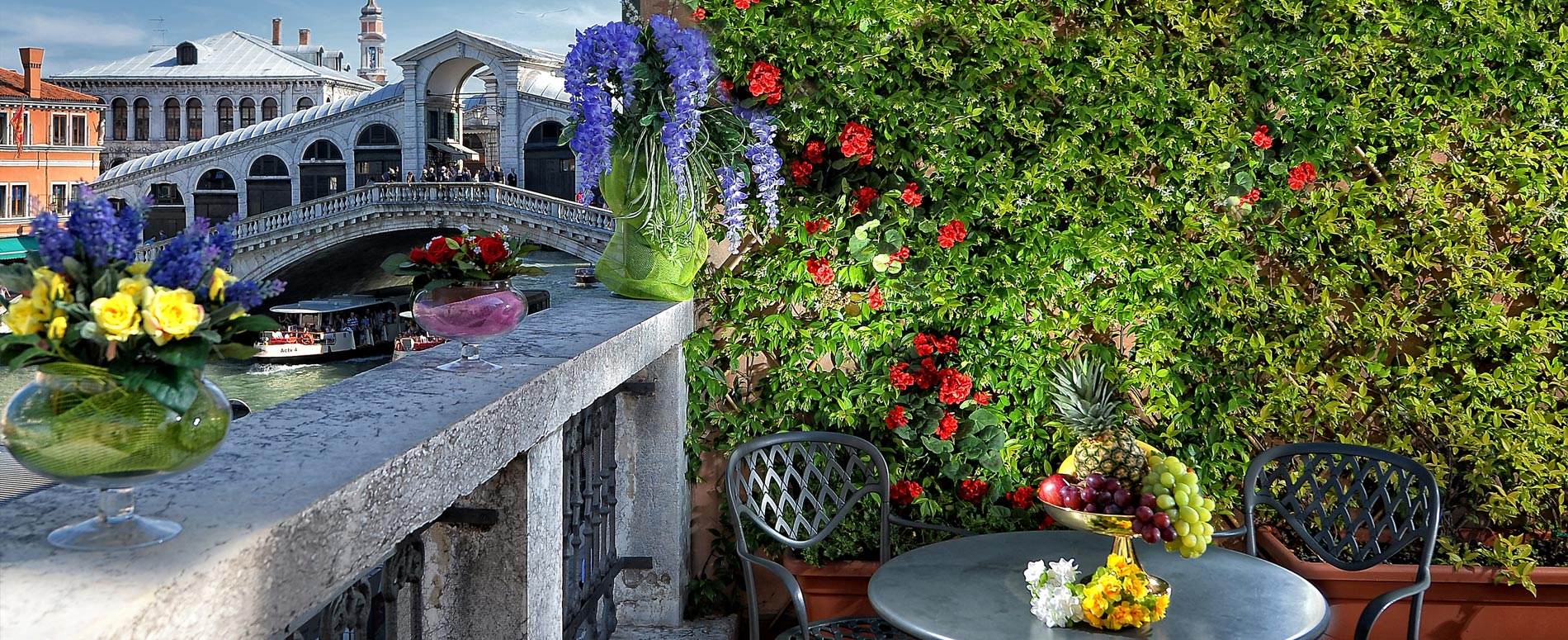
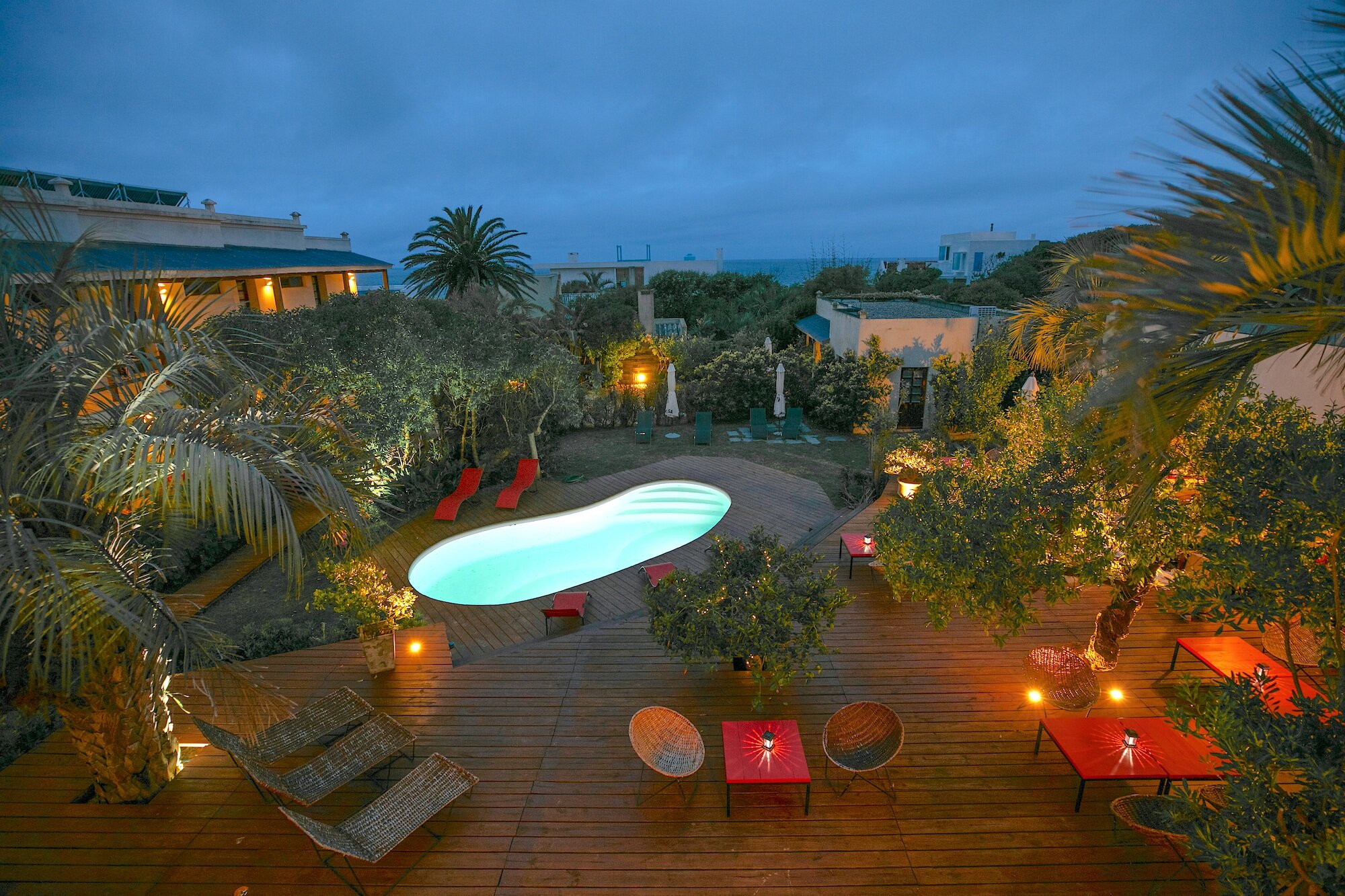
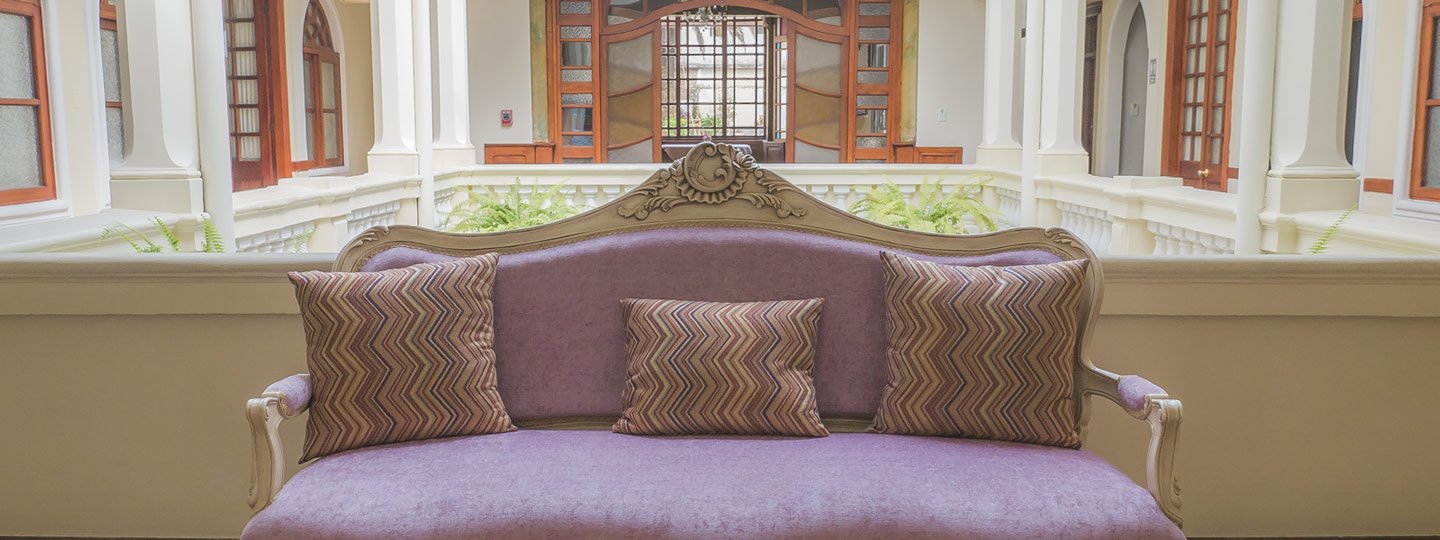
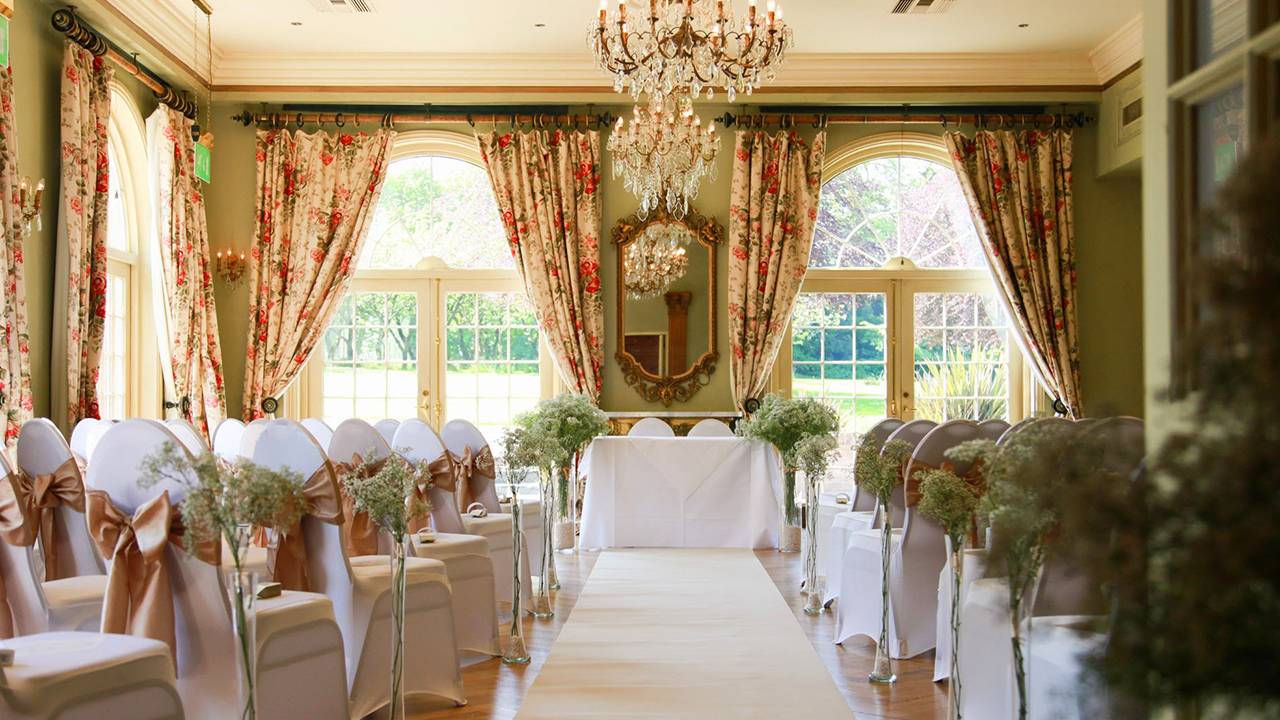
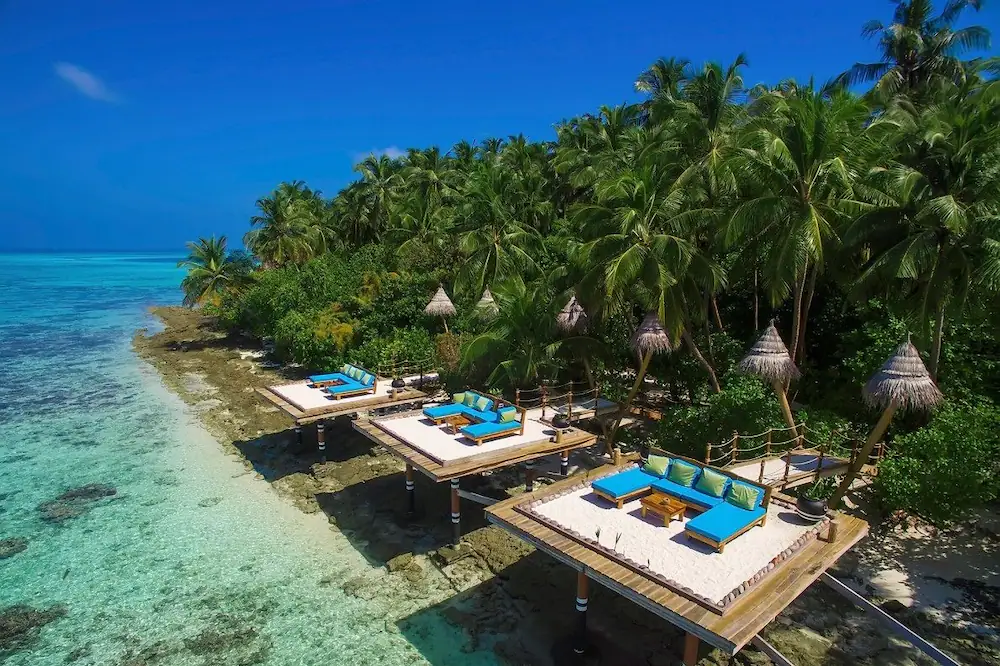
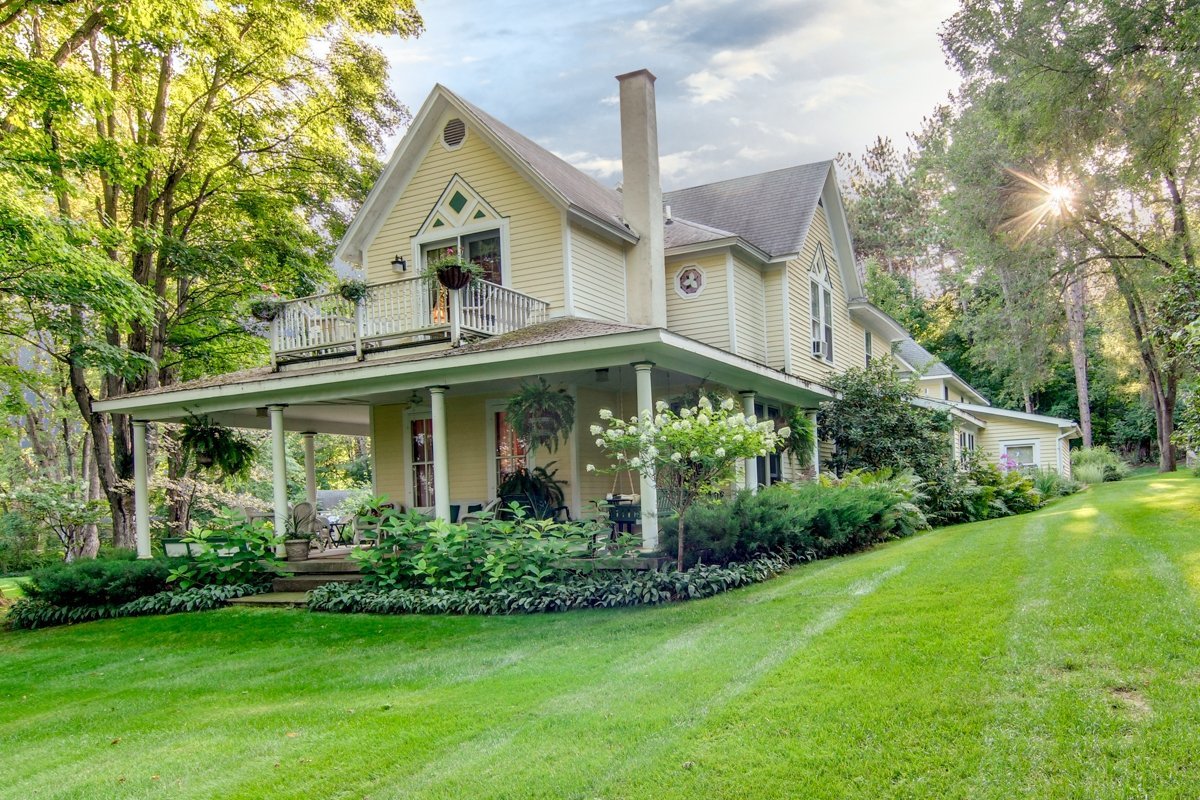
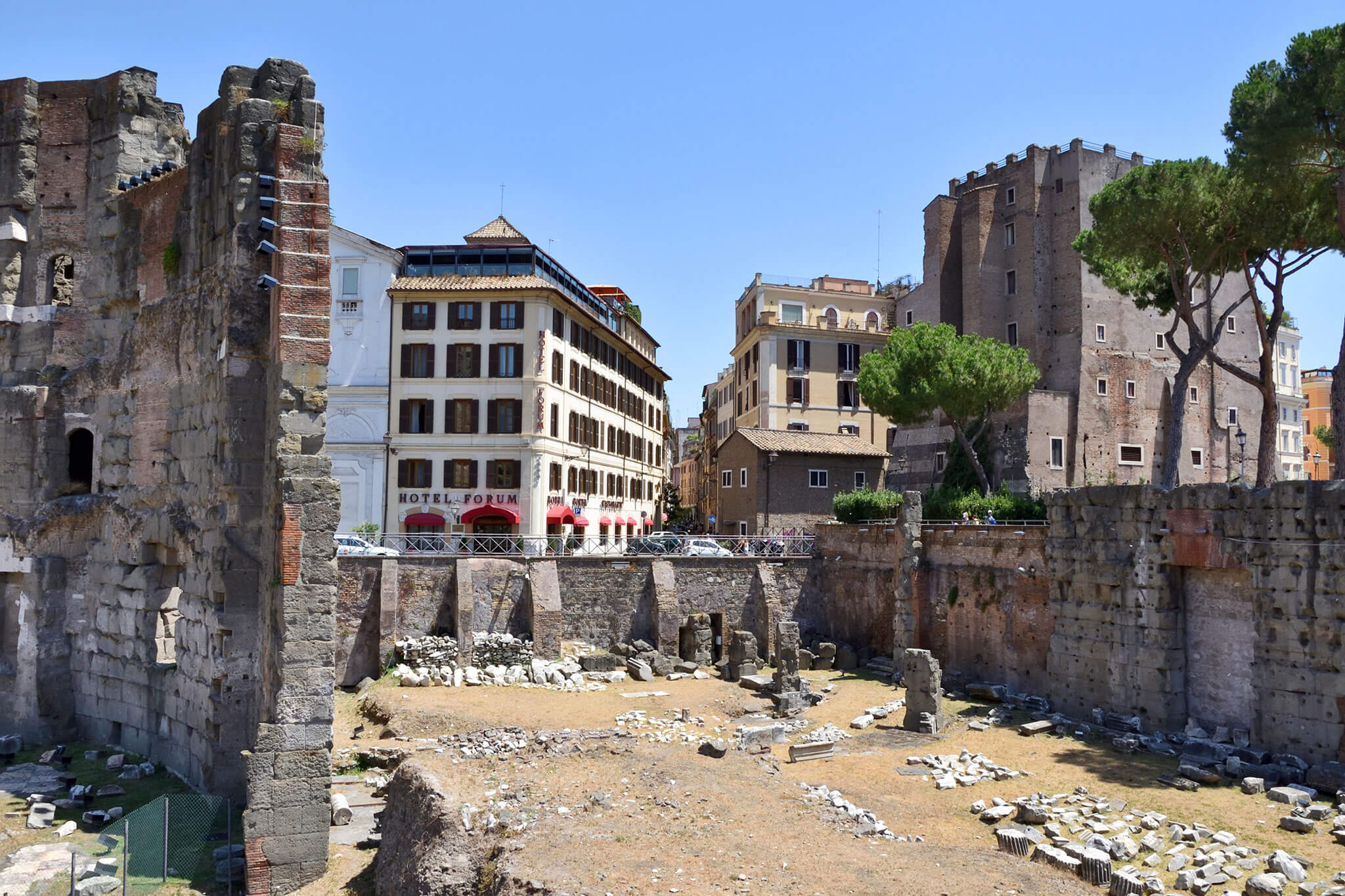
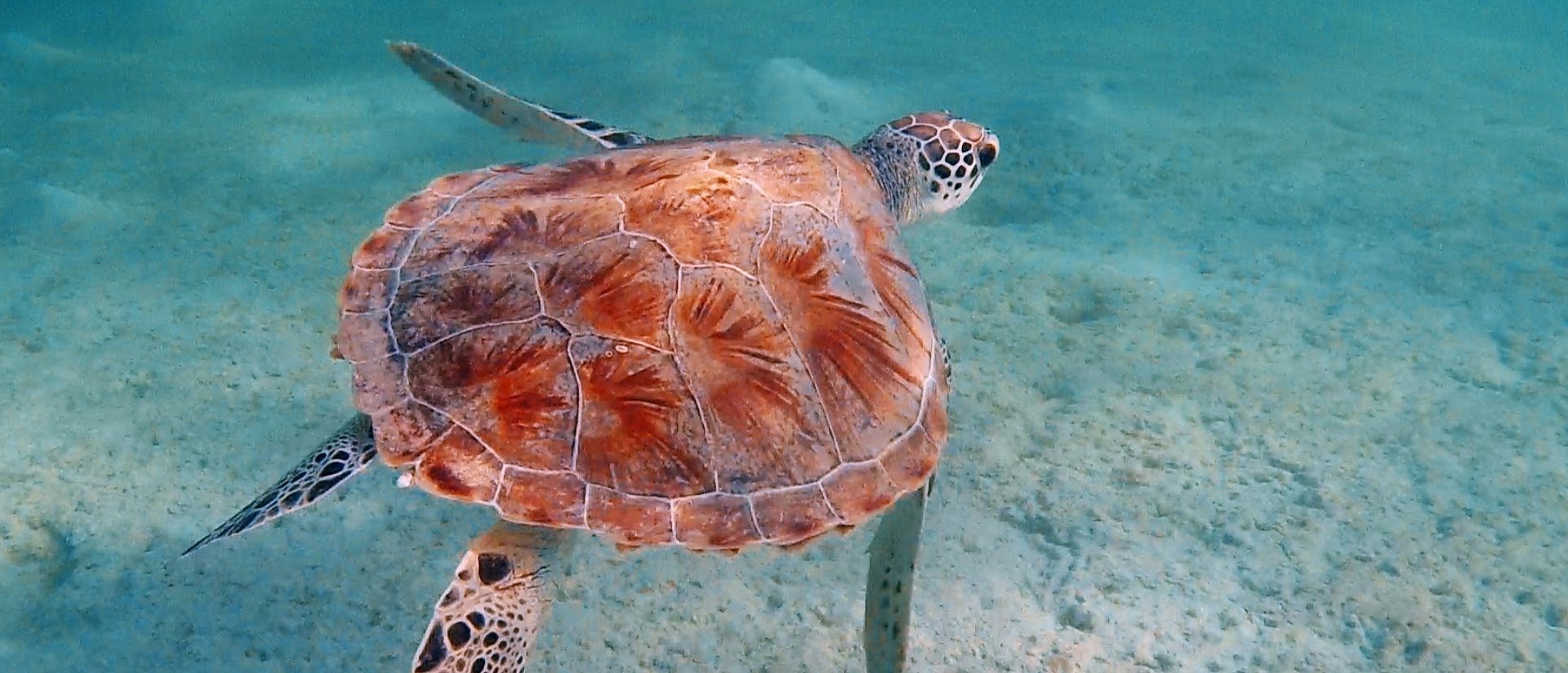
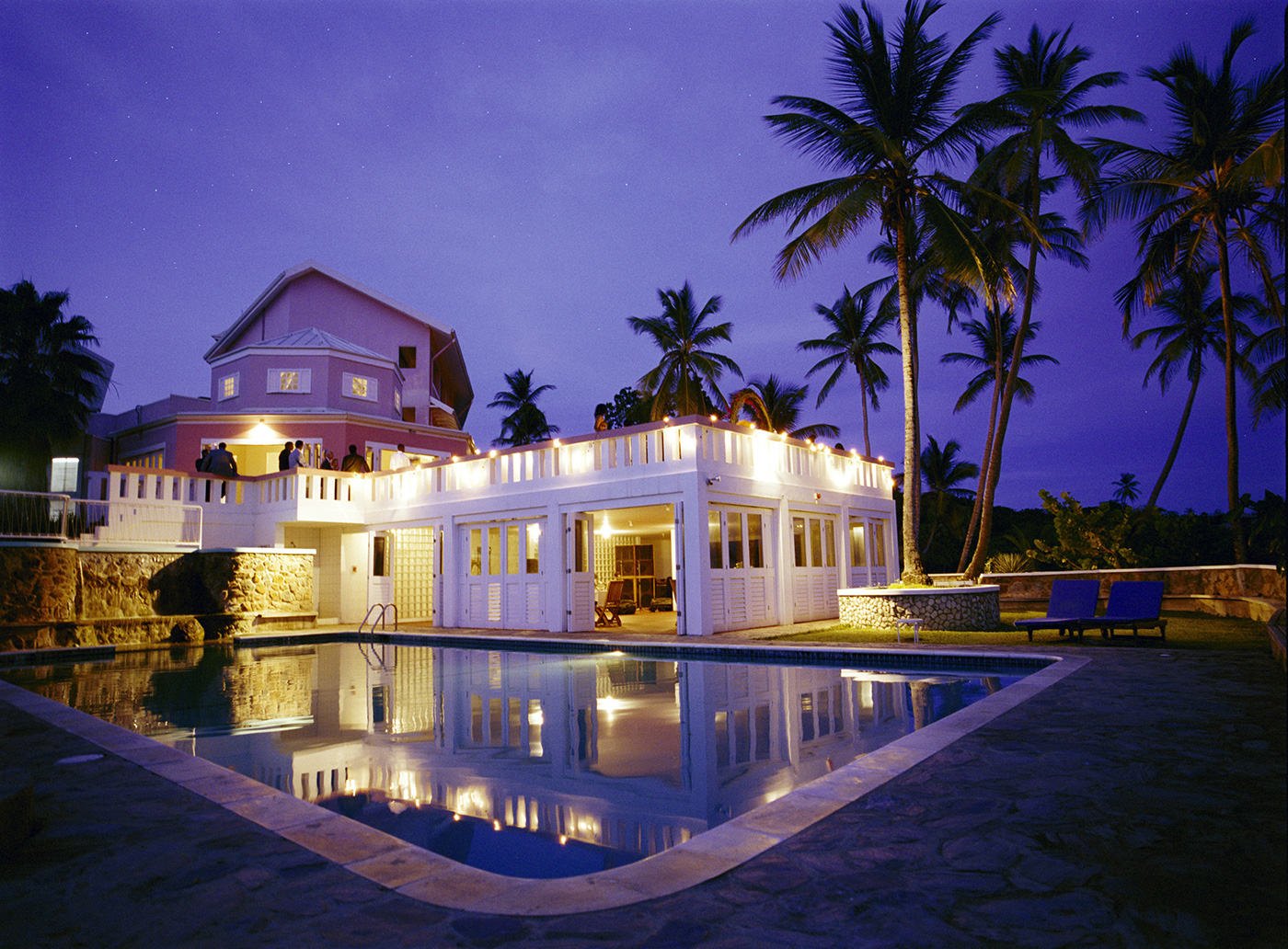
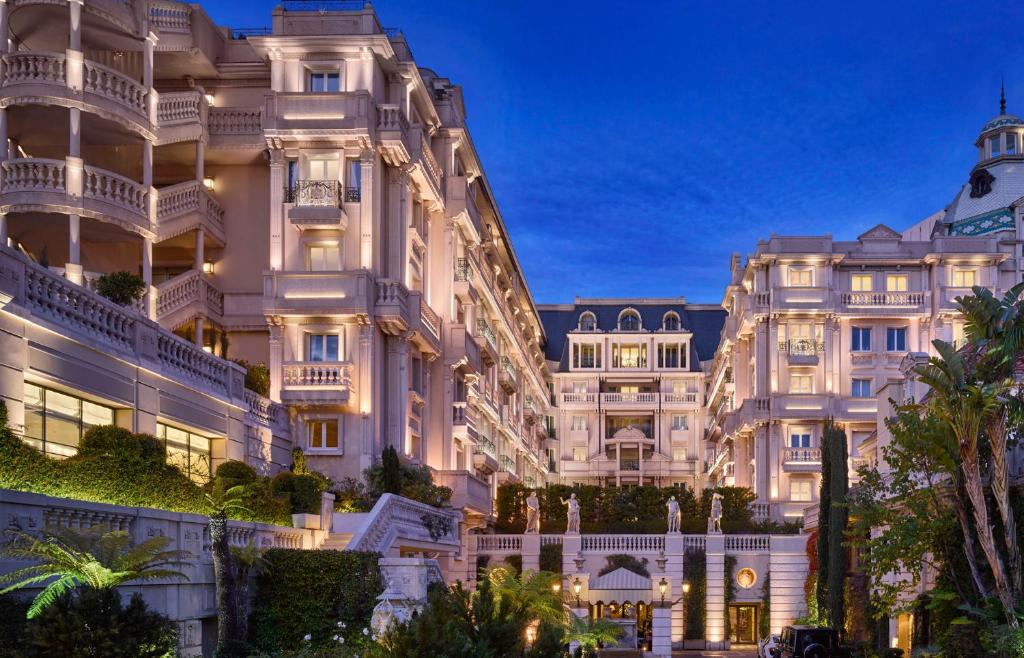
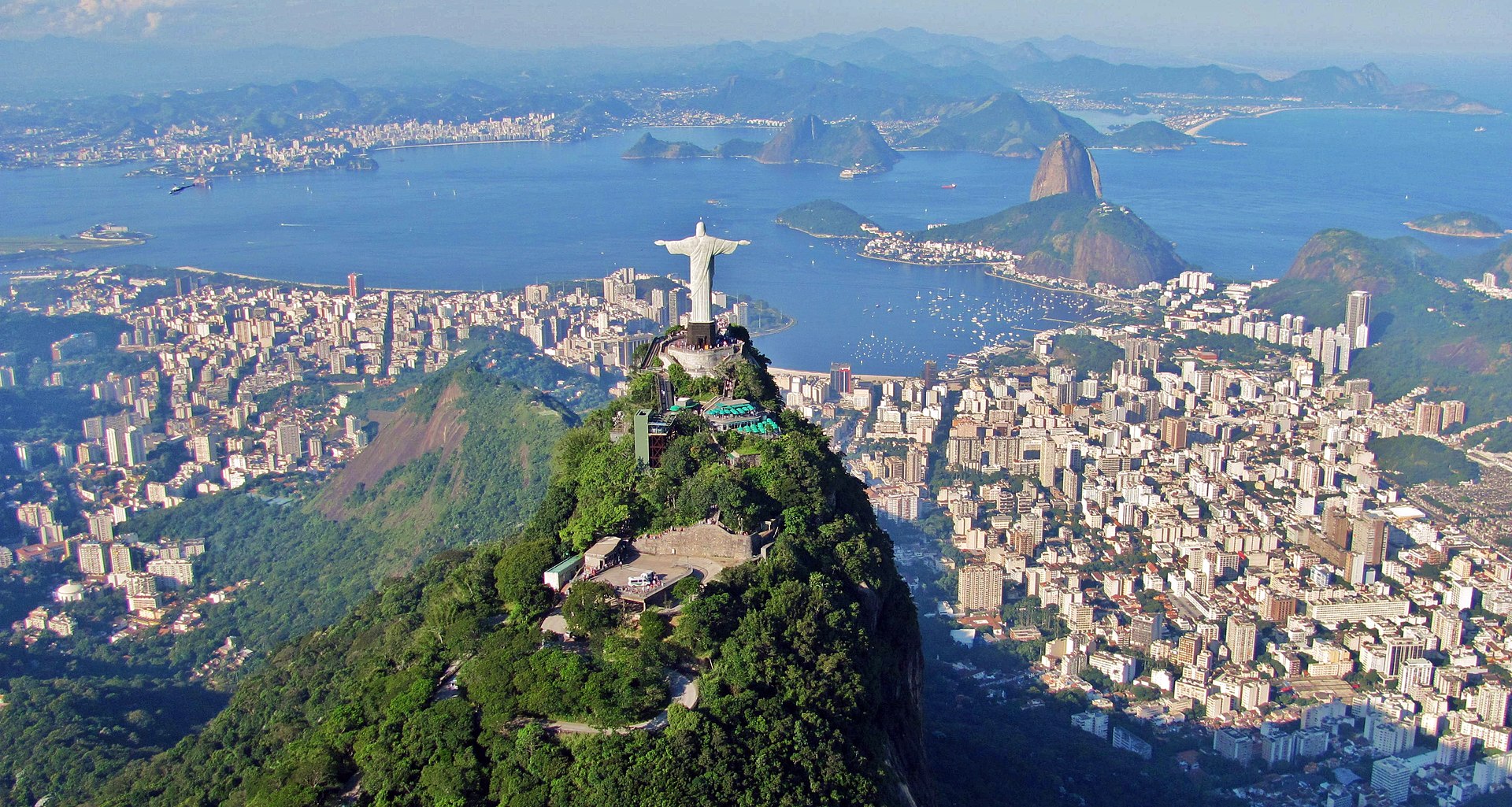
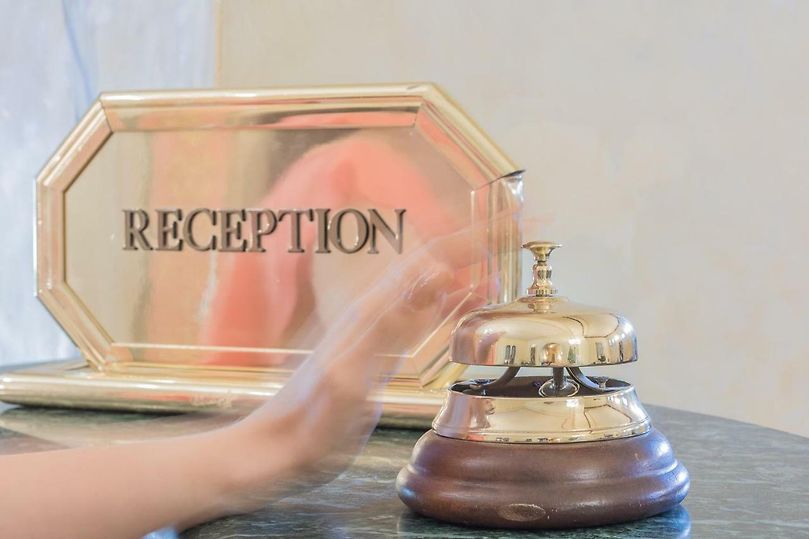
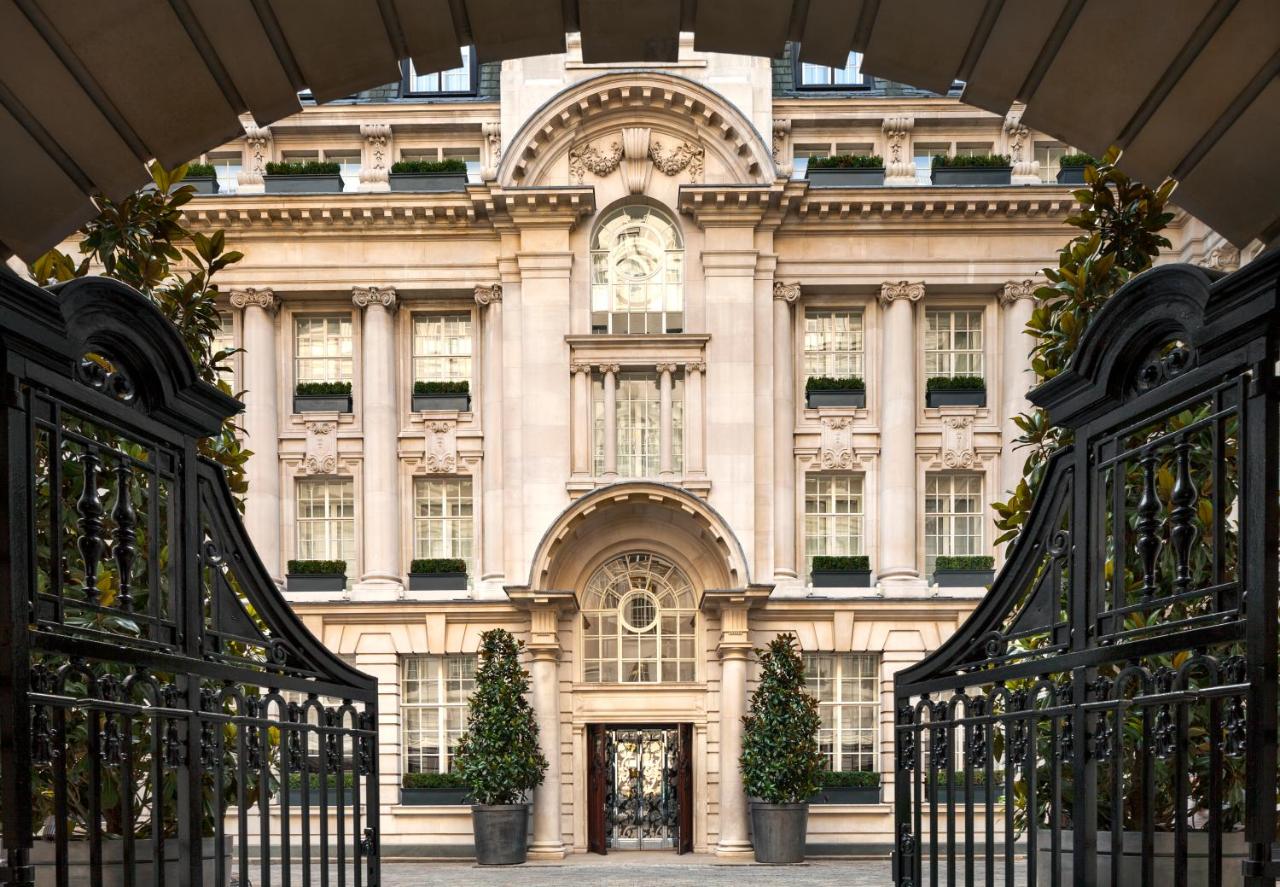
Sauteurs, St Patrick's, Grenada
Agent: Cliff Jacobs - Managing Principal Estate Agent & CEO (Nat.Dpl.Hotel Man (UJ). M.P.R.E.)
Agent Cellphone: +27 (0) 84 413 1071 / +27 (0) 61 716 6951
Agent Office Number: +27 (0) 84 413 1071
Agent Email Address: cliff@exquisitehotelconsultants.com
Type: Beach Lodge
Bedrooms: 11
Bathrooms: 11
Showers: 11
Parking: 11
Yield: Not Disclosed
Description By The Owner
The origin of the name "Grenada" is obscure, but it is likely that Spanish sailors named the island for the Andalusian city of Granada. It carried at least two other names during the Age of Discovery.
On his third voyage to the region in 1498, Christopher Columbus sighted Grenada and named it "La Concepción" in honour of the Virgin Mary. It is said that he may have actually named it "Assumpción", but it is uncertain, as he is said to have sighted what are now Grenada and Tobago from a distance and named them both at the same time. However, it became accepted that he named Tobago "Assumpción" and Grenada "La Concepción".
In 1499, the Italian explorer Amerigo Vespucci traveled through the region with the Spanish explorer Alonso de Ojeda and mapmaker Juan de la Cosa. Vespucci is reported to have renamed the island "Mayo", although this is the only map where the name appears.
However, by the 1520s, Spanish maps used the name "Granada", and referred to the islands to the north as Los Granadillos ("Little Granadas"). Although it was deemed the property of the King of Spain, there are no records to suggest the Spanish ever attempted to settle Grenada.
The French maintained the name ("La Grenade" in French) after settlement and colonisation in 1649. On 10 February 1763, the island of La Grenade was ceded to the British under the Treaty of Paris. The British renamed it "Grenada", one of many place-name anglicisations they made there.
History
Geological history
Approximately 2 million years ago in the Pliocene era, the area of what is nowadays Grenada emerged from a shallow sea as a submarine volcano. In recent times, volcanic activity has been non-existent, except for some of its hot spring and underwater volcano Kick 'em Jenny. Most of Grenada's terrain is made up from Volcanic Activity that would have taken place 1-2 million years ago. There would have been many unkown volcanoes responsible for the formation of Grenada including Grenada's capital St. Georges with its horseshoe shaped harbour, the carenage. Two Non Existent Volcanoes which are now crater lakes, Grand Etang Lake and Lake Antoine would have also contributed towards the formation of Grenada.
Pre-Columbian history
Grenada was first populated by peoples from South America, possibly during the Caribbean Archaic Age, although definitive evidence is lacking. The earliest potential human presence comes from proxy evidence of lake cores, beginning ~3600 BC. Less ephemeral, permanent villages began around ~AD 300. The population peaked between AD 750-1250, with major changes in population afterwards, potentially the result of regional droughts and/or the "Carib Invasion", although the latter rests on highly circumstantial evidence.
European arrival
It is thought that Christopher Columbus was the first European to see Grenada in 1498 during his third voyage, naming it 'Concepción'. The Spanish did not follow up on this and it was the English who were the first to attempt to colonise the island in 1609; however, they were driven away by the native Carib peoples.
In 1649 a French expedition of 203 men from Martinique led by Jacques Dyel du Parquet founded a permanent settlement on Grenada. They signed a peace treaty with the Carib chief Kairouane, but within months conflict broke out between the two communities. This lasted until 1654 when the island was completely subjugated by the French. The indigenous peoples who survived either left for neighbouring islands or retreated to remoter parts of Grenada, where they ultimately disappeared during the 1700s. Warfare continued during the 1600s between the French on Grenada and the Caribs of present-day Dominica and St. Vincent and the Grenadines.
The French named their new colony La Grenade, and the economy was initially based on sugar cane and indigo, worked by African slaves. The French established a capital known as Fort Royal (later St. George's). To shelter from hurricanes the French navy would often take refuge in the capital's natural harbour, as no nearby French islands had a natural harbour to compare with that of Fort Royal. The British captured Grenada during the Seven Years' War in 1762.
British colonial period
Early colonial period
Grenada was formally ceded to Britain by the Treaty of Paris in 1763. The French re-captured the island during the American Revolutionary War, after Comte d'Estaing won the bloody land and naval Battle of Grenada in July 1779. However the island was restored to Britain with the Treaty of Versailles in 1783. A decade later dissatisfaction with British rule led to a pro-French revolt in 1795–96 led by Julien Fédon, which was successfully defeated by the British.
As Grenada's economy grew, more and more African slaves were forcibly transported to the island. Britain eventually outlawed the slave trade within the British Empire in 1807, and slavery was completely outlawed in 1833, leading to the emancipation of all enslaved by 1838. In an effort to ameliorate the subsequent labour shortage, migrants from India were brought to Grenada in 1857.
Nutmeg was introduced to Grenada in 1843 when a merchant ship called in on its way to England from the East Indies. The ship had a small quantity of nutmeg trees on board which they left in Grenada, and this was the beginning of Grenada's nutmeg industry that now supplies nearly 40% of the world's annual crop.
About Us
Our cottages were a dream in June 2001, when we found this very special spot. Today we are your hosts at our intimate, eco-friendly holiday resort. Located on the north-Western tip of Grenada, the restaurant and three cottage buildings with a total of five individual units are situated on a hillside overlooking the sea, with spectacular views to the southern Grenadines and the north of Grenada.
For a carefree start to your holiday, we can arrange to have one of our local taxi drivers pick you up at the airport and show you the sights along the west coast of the island. On arrival, we will be here to welcome you and show you to your holiday home. Settle in, have a drink or a meal, and prepare to be sent to sleep by the sound of the wind in the trees and the waves at the shore.
The next morning will be a wonderful surprise, waking up to the spectacular view! After breakfast, walk five minutes to the beach and ride the waves, or come up to the restaurant to organize some essentials. We are happy to call a taxi, organize a tour, give directions for a hike, or help you out on your first shopping excursion to Sauteurs, just a 20-minute walk down the hill. From there you can catch a bus from the bus station, for a trip to the east coast and Grenville (½ hour) or down the west coast to Gouyave (20 minutes) and beyond. Or take a couple of days to acclimatize before renting a jeep to discover the island at your own pace.
We can also highly recommend a hike with guide Telfor Bedeau, who knows so much about the flora and fauna that even a walk along the back roads is an experience not to be missed. Telfor also offers a talk with a map and info about the topography of the island. For spa lovers, we can ask our spa specialist to come in and do her intuitive massage. And on Fridays, Kate invites guests to join her at yoga class with MitSukha in Grenville!
Our piece of paradise is made up of four buildings - the restaurant and three for accommodation - carefully placed on 1/2 acre of the lush hillside to ensure privacy and views for all.
Each cottage has a small library with German and English books, and a balcony with a hammock, hardwood furniture, and a spectacular sea view. The en-suite toilets have access to private tiled outdoor showers with hot & cold water. Linens are provided, towels are changed every two to three days, sheets weekly. Beach towels on request. Cleaning service daily (except some Sundays and holidays). Free WiFi is available for our guests.
Restaurant
We're Passionate About Food!
Almost Paradise Restaurant is a very popular spot to enjoy delicious homemade food and while away the time. Everything is made from scratch, from the bread & jams for breakfast, the soups and savoury pastries, the fish and seafood specialities, to the ice creams and cakes for dessert!
The style is Caribbean / Mediterranean fusion, using local produce in a creative mix of flavours. The fruit for the juices, jams, ice creams, liqueurs, and our signature rum punch are from our own garden. Enjoy!
We have experience cooking for vegetarians and people with special dietary needs and allergies, so please let us know in advance if you have any specific requirements.
Keeping Our Island Green
Living on this small, beautiful island has given us many reasons to become more responsible for our environment.
Practical considerations like the threat of no water or a power failure just at dusk have had an influence, but it's easy to form new ideas, as there are no recycling plants on an island with just 100,000 inhabitants.
Here are some of the systems we use
Renewable Sources
Environmentally Friendly Products
Natural Products
Our Best Kept Secrets
We are, of course, partial to the north of Grenada - although just one hour from the capital, St. George's, the north of Grenada and Sauteurs are a step back in time to a quieter Caribbean.
Sauteurs is the hub of the north, with banks, a post office, supermarkets, and weekly market days. If you want a slow start to your holiday, start with our beaches - with several to choose from within walking distance, everyone has their favourite. Or venture a bit further and visit our historical spice plantation Dougaldston Estate near Gouyave, the Amerindian stone carvings at Duquesne or Mt. Rich, the rum distillery at River Antoine with its water wheel from 1785 (still in use), or go to a plantation for a Grenadian-style three-course lunch.
The north of Grenada also boasts award-winning organic chocolate production, a nutmeg receiving station where you can see all of the steps towards getting your spice for the garnish on the rum punch, award-winning spring water bottling, and natural goat cheese production.
Yet a short trip away, on the east coast, you will find Grenville, a busy little city, and your starting point for a trip inland to the rainforest. Or continue down the east coast to the Royal Mt. Carmel waterfalls or some of the protected bays and beaches, or for a visit to Laura Herb and Spice garden. Down the west coast past Gouyave, you can continue on to Concord Falls for a hike and a dip. And of course, at least one day must be spent in St. George's, exploring the market and marvelling at all of the tourists! (In Sauteurs, you are more likely to be treated as a visitor than a tourist).
Most of all, during your visit you should enjoy the natural beauty of this lovely island, with whale watching from your own balcony from February through May, trips to several nearby beaches, turtle nesting and hatching at Levera Beach from April through July, and guided hikes with Telfor Bedeau along back roads or the coast, to sulphur springs or into the rain forest. And don't miss the entertainment of Carnival in August, the beach parties at Bathway at Christmas and Easter, Fish Friday (every Friday) in Gouyave or the St. Mark's Food Fest (last Saturday of every month) in Victoria. It's all happening in the north!








































Cliff Jacobs (Nat Dpl Hotel Man (UJ). MPRE. GA Level 5 TEFL) Managing Principal / CEO Exquisite Hotel Consultants (Pty) Ltd Mobile: +27 (0) 84 413 1071 / +27 (0) 61 716 6951 Email: cliff@exquisitehotelconsultants.com Web: https://www.exquisitehotelconsultants.com © All rights reserved Terms and Conditions apply Scroll down to view our Hospitality Properties and Businesses for sale or lease or lease-to-buy or partnership arrangement or management agreement arrangement.